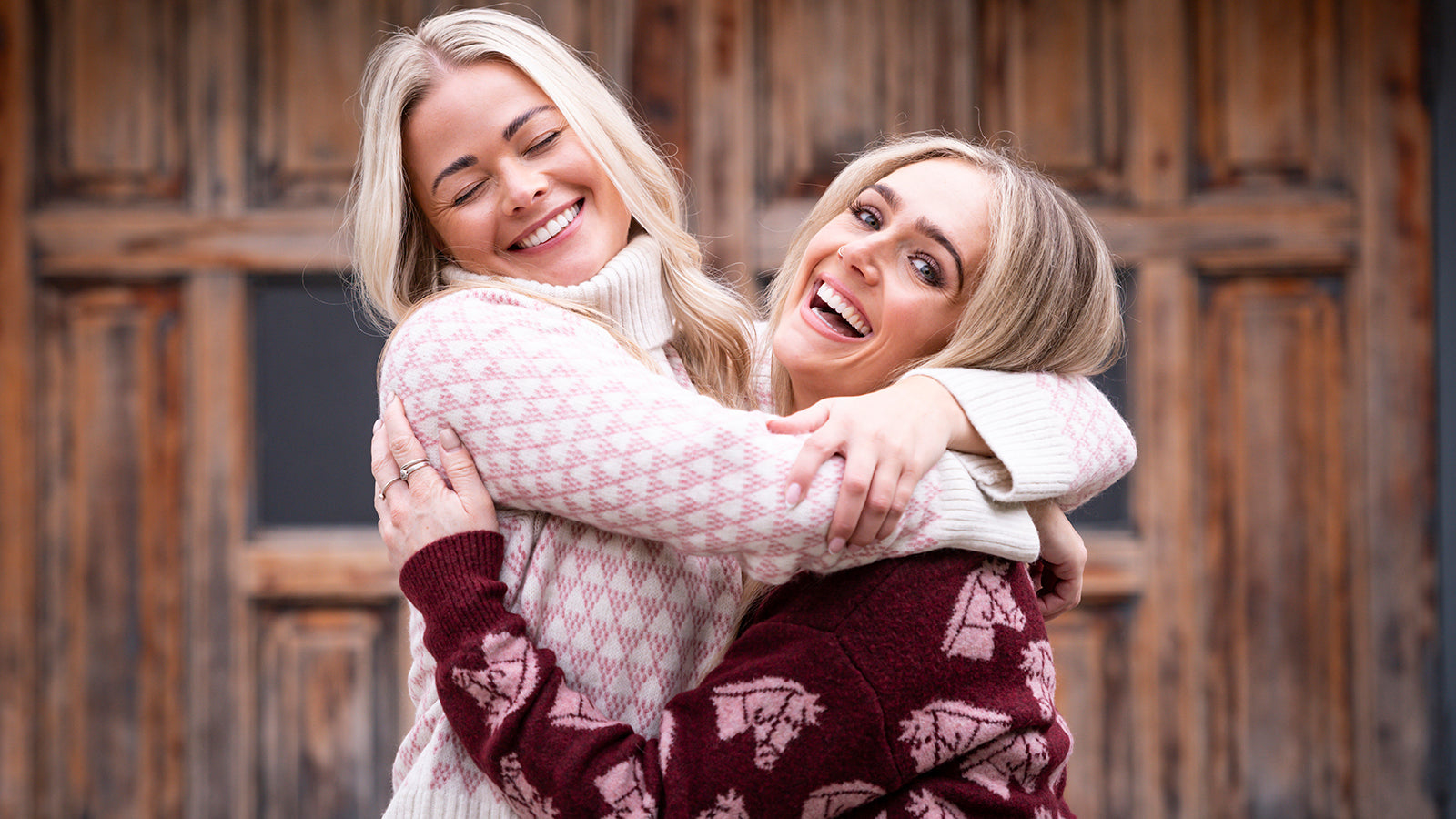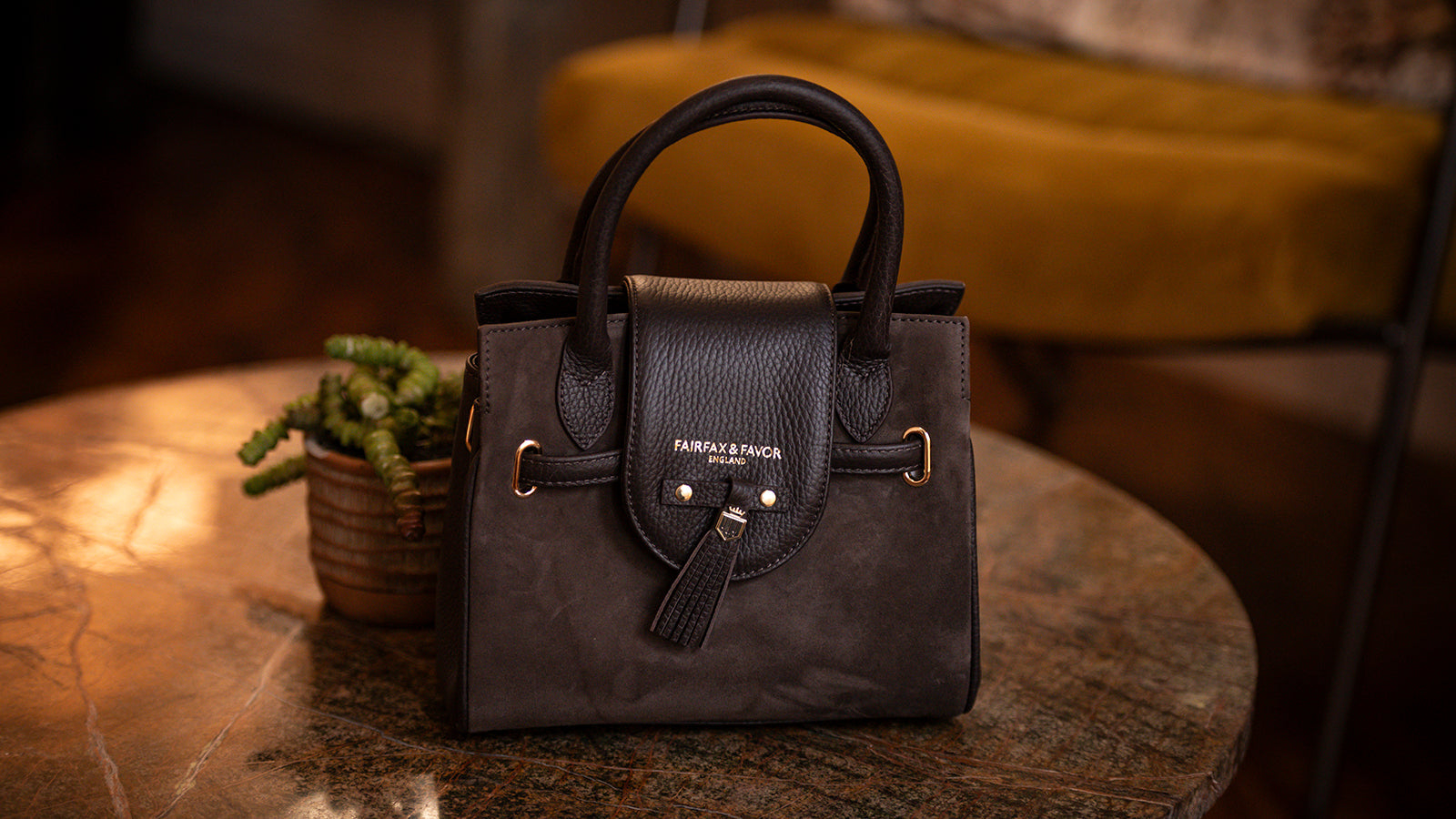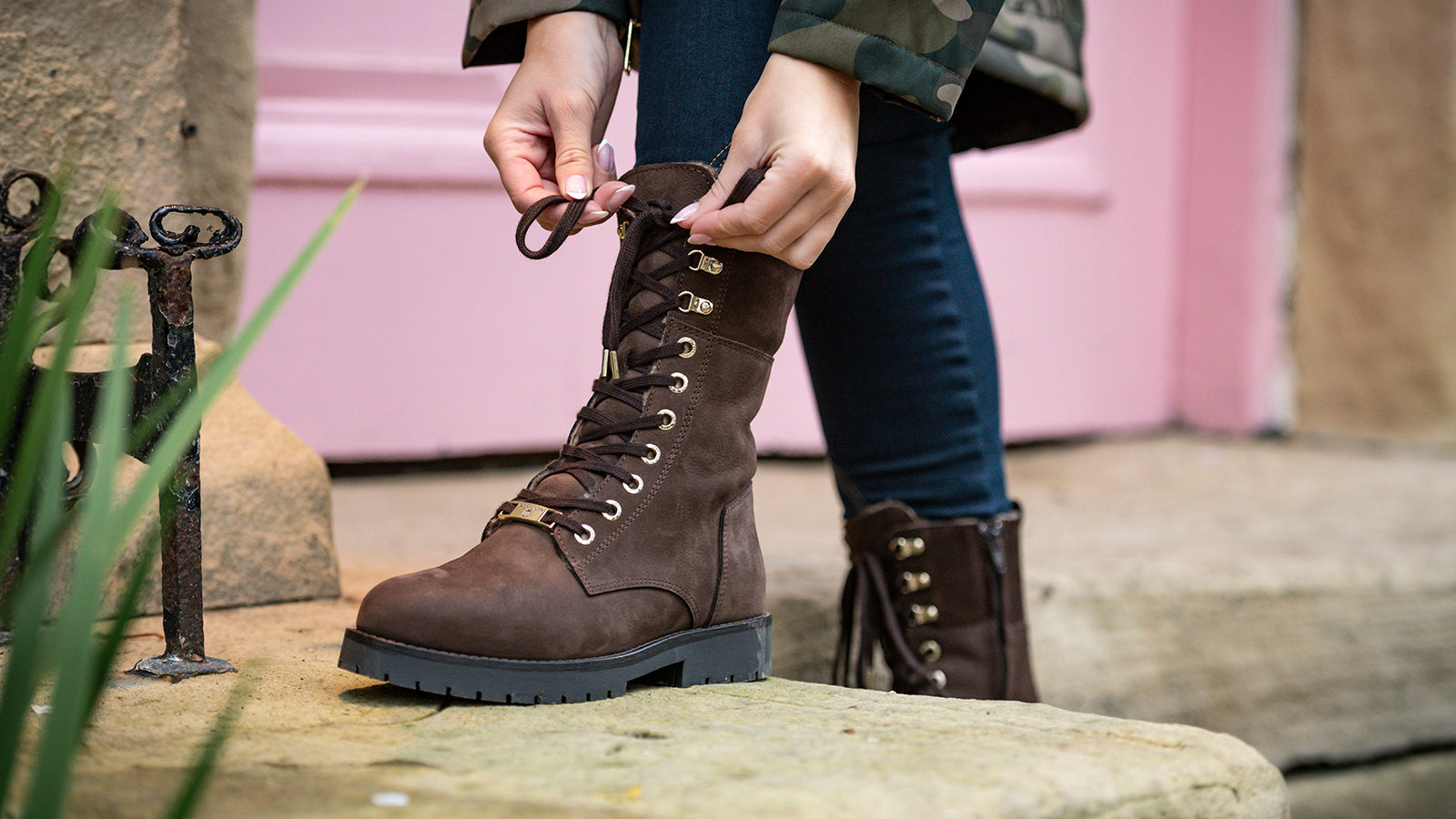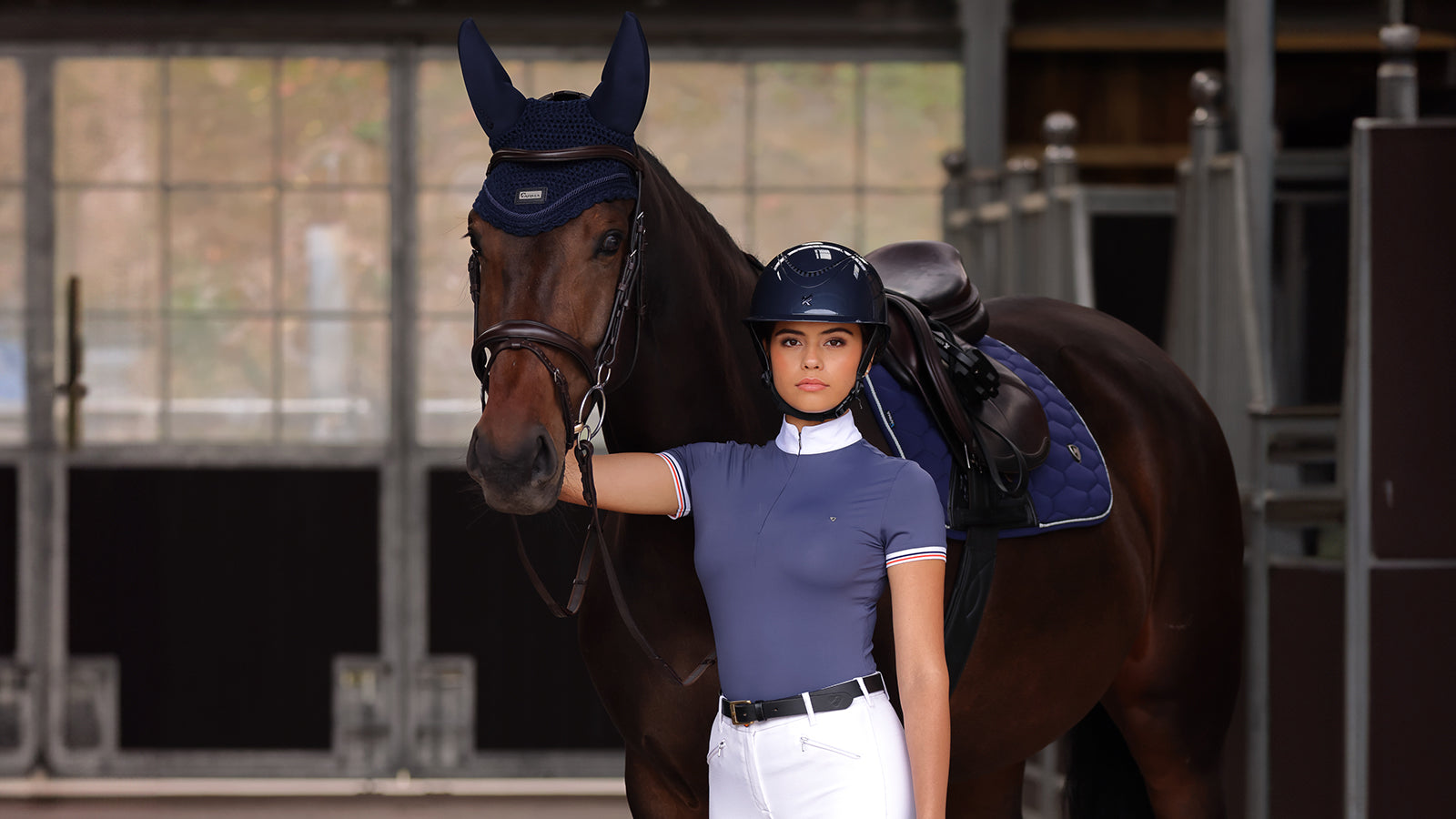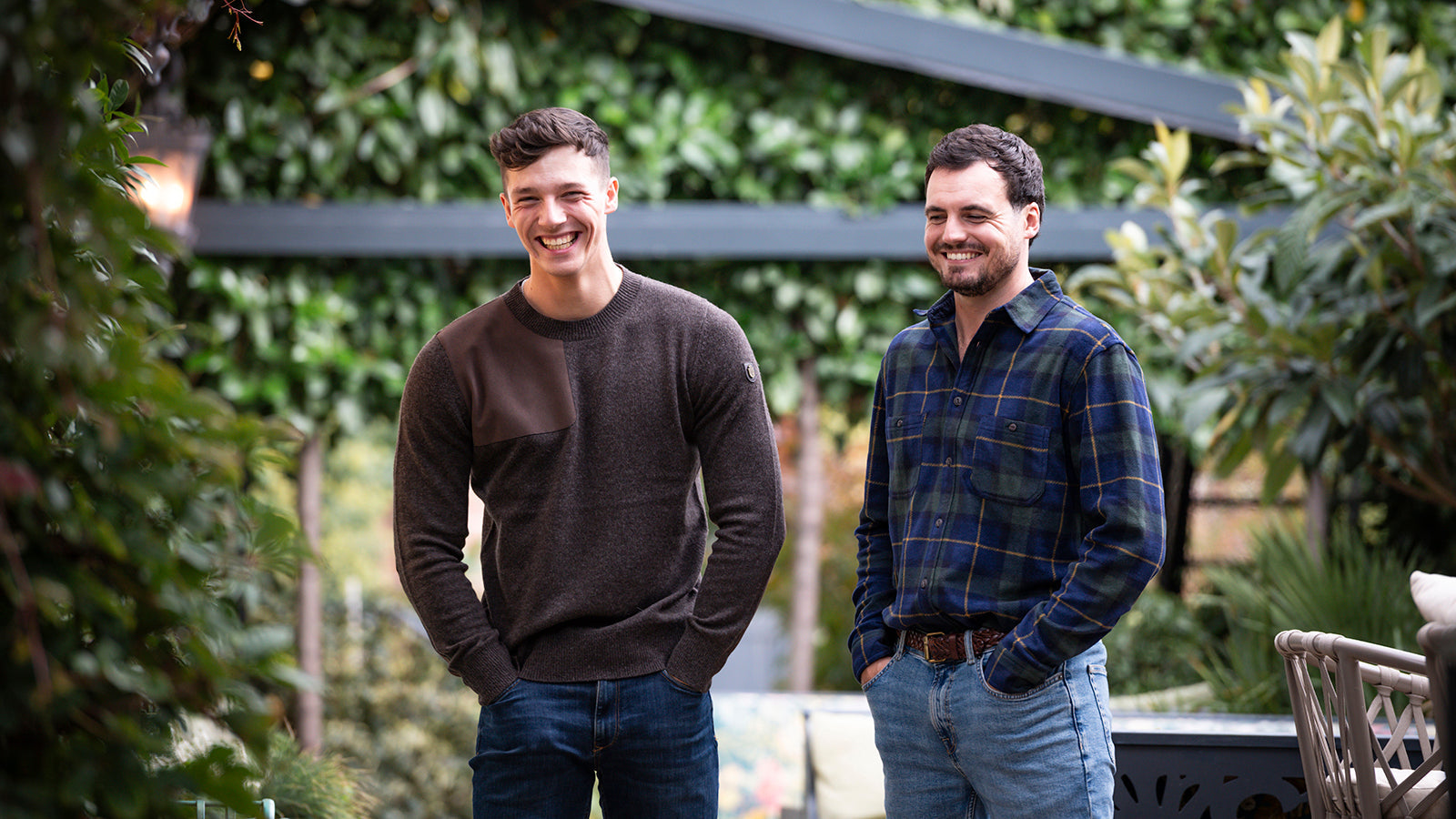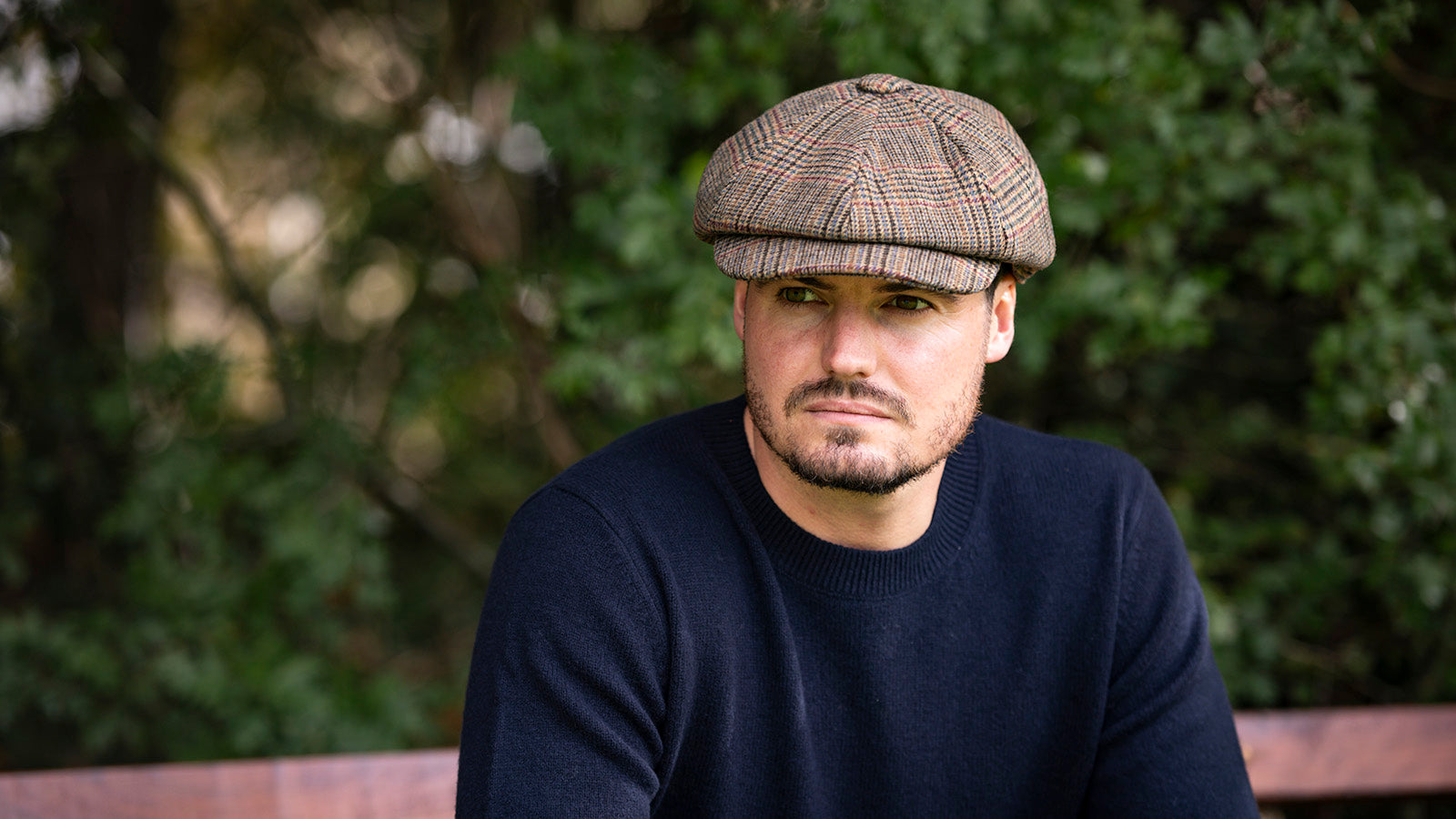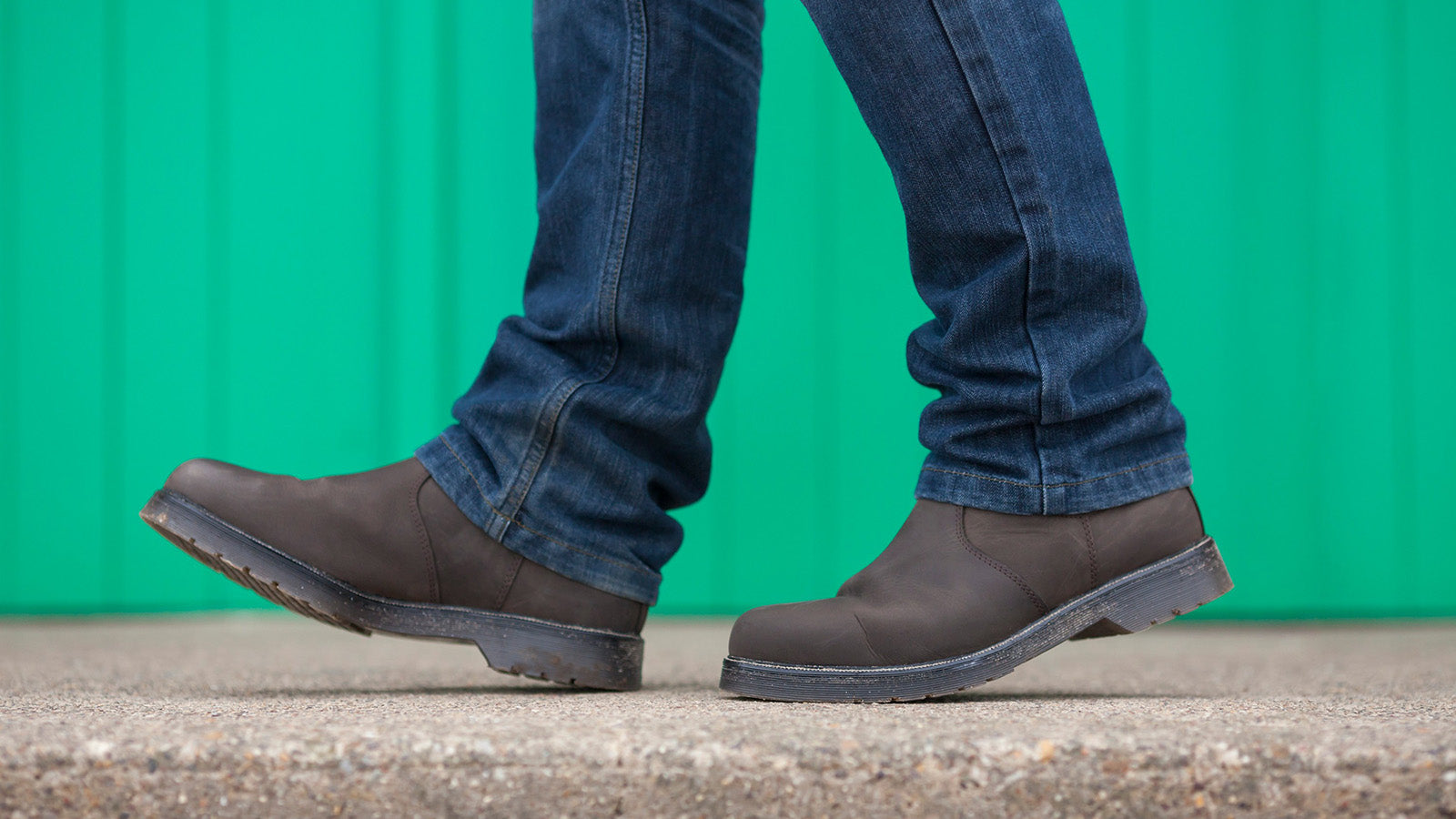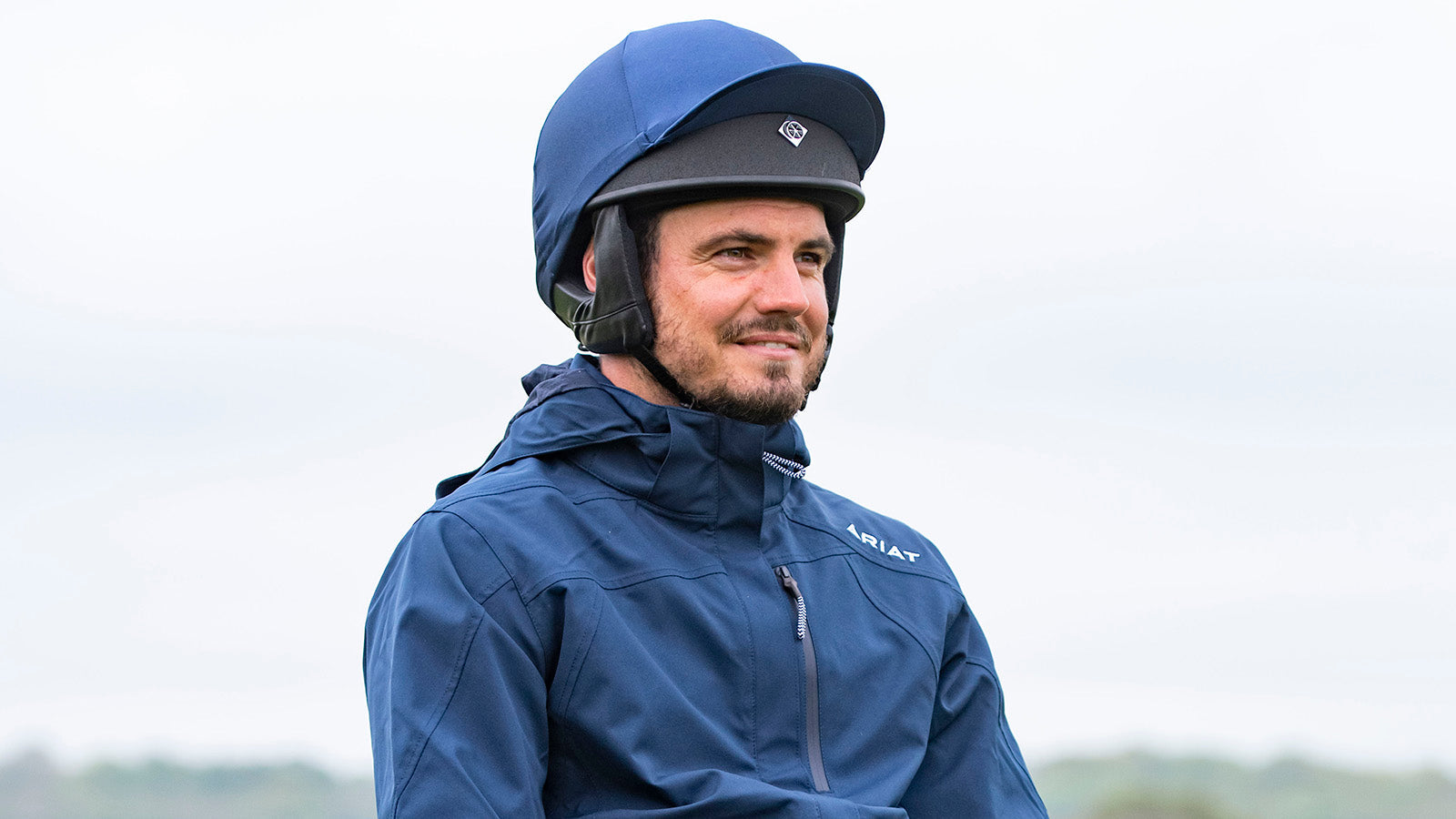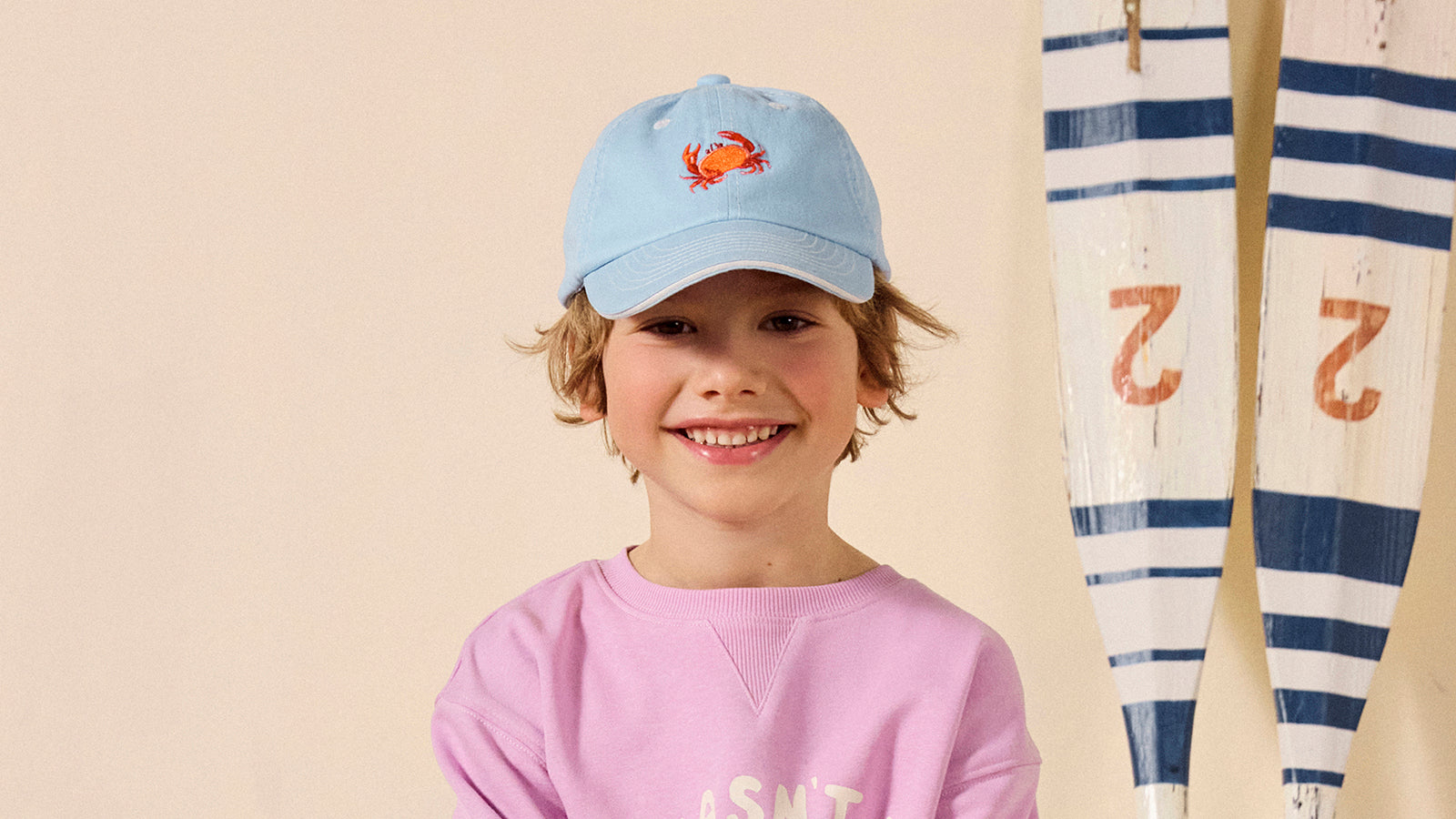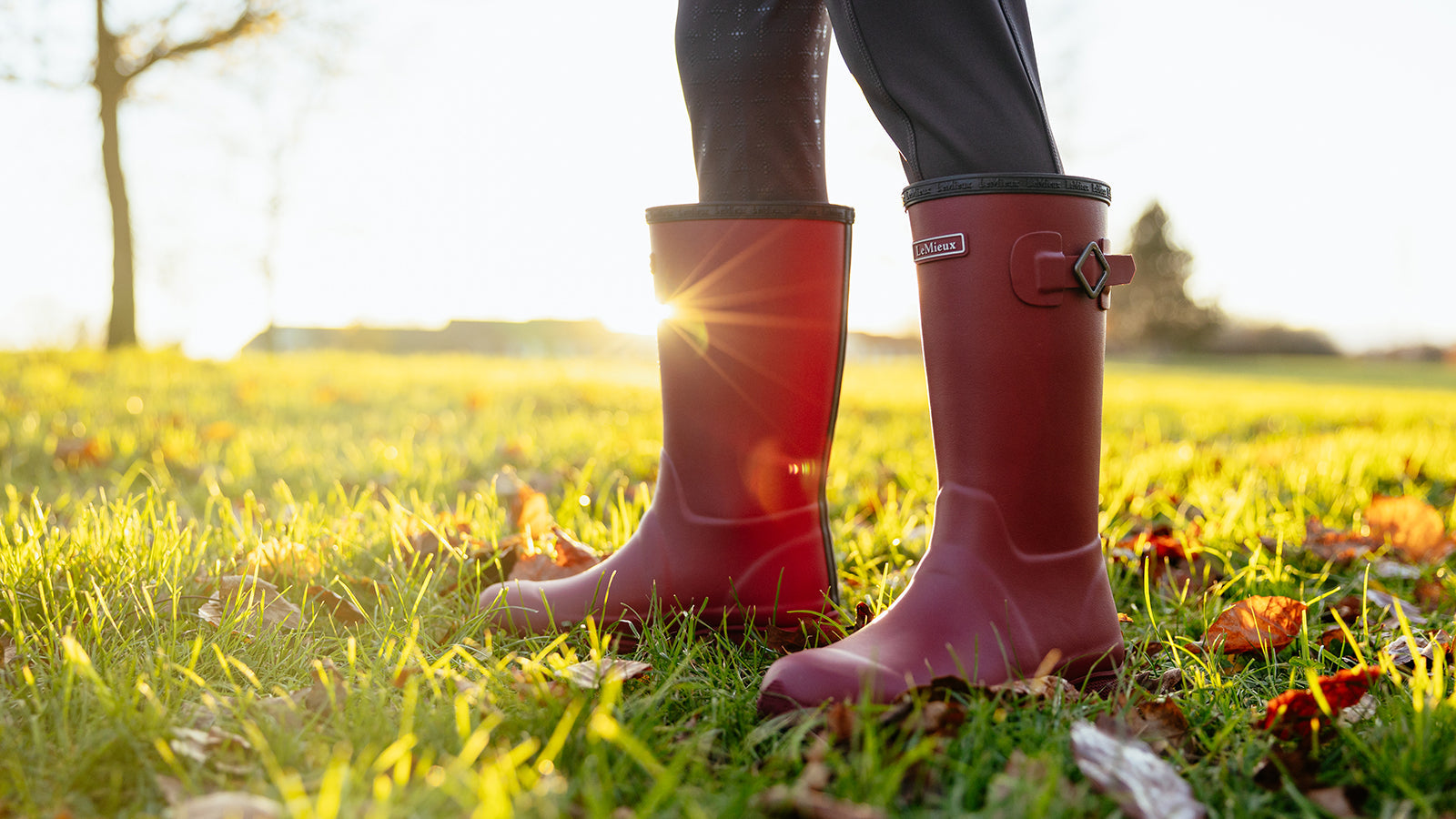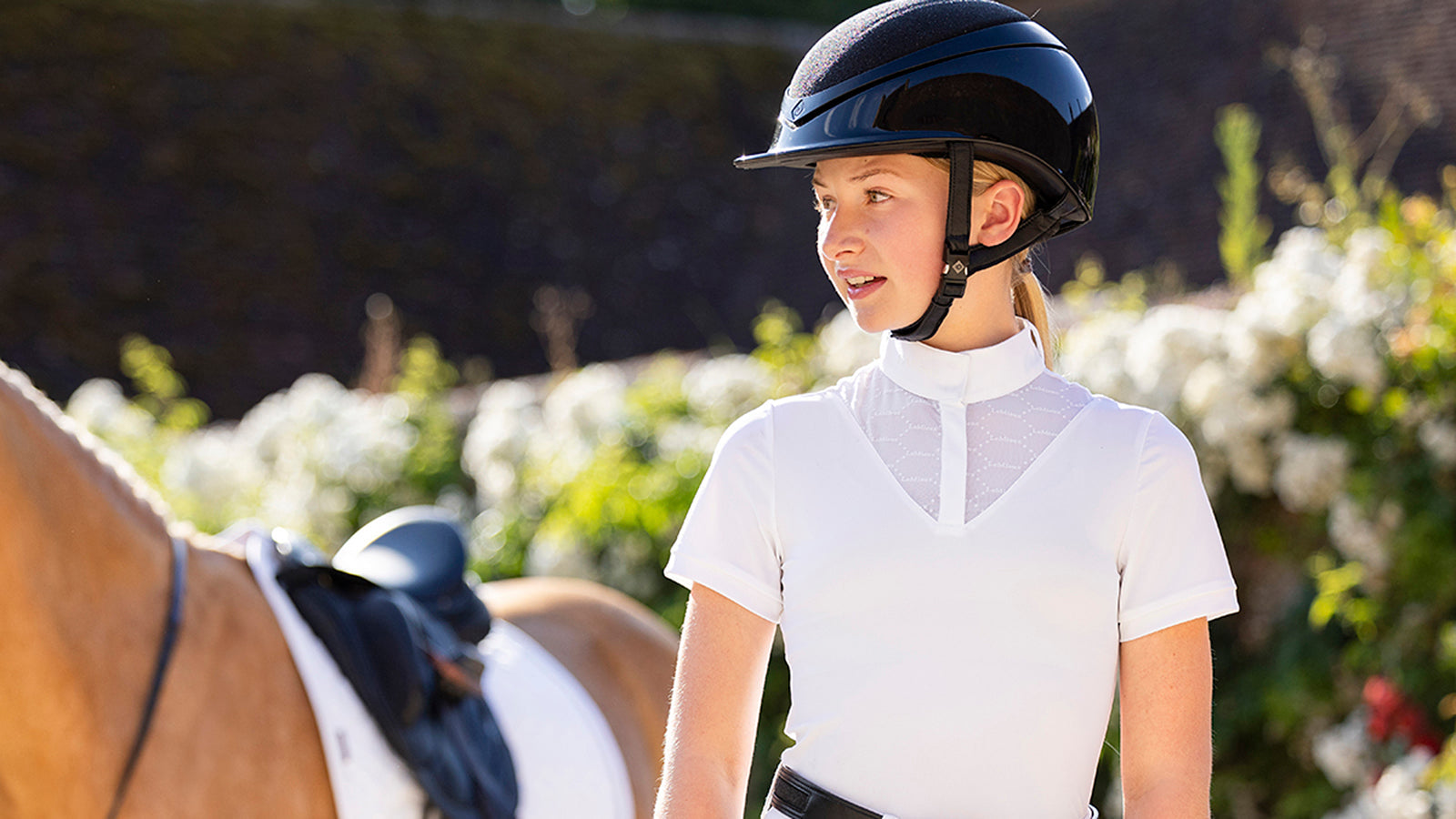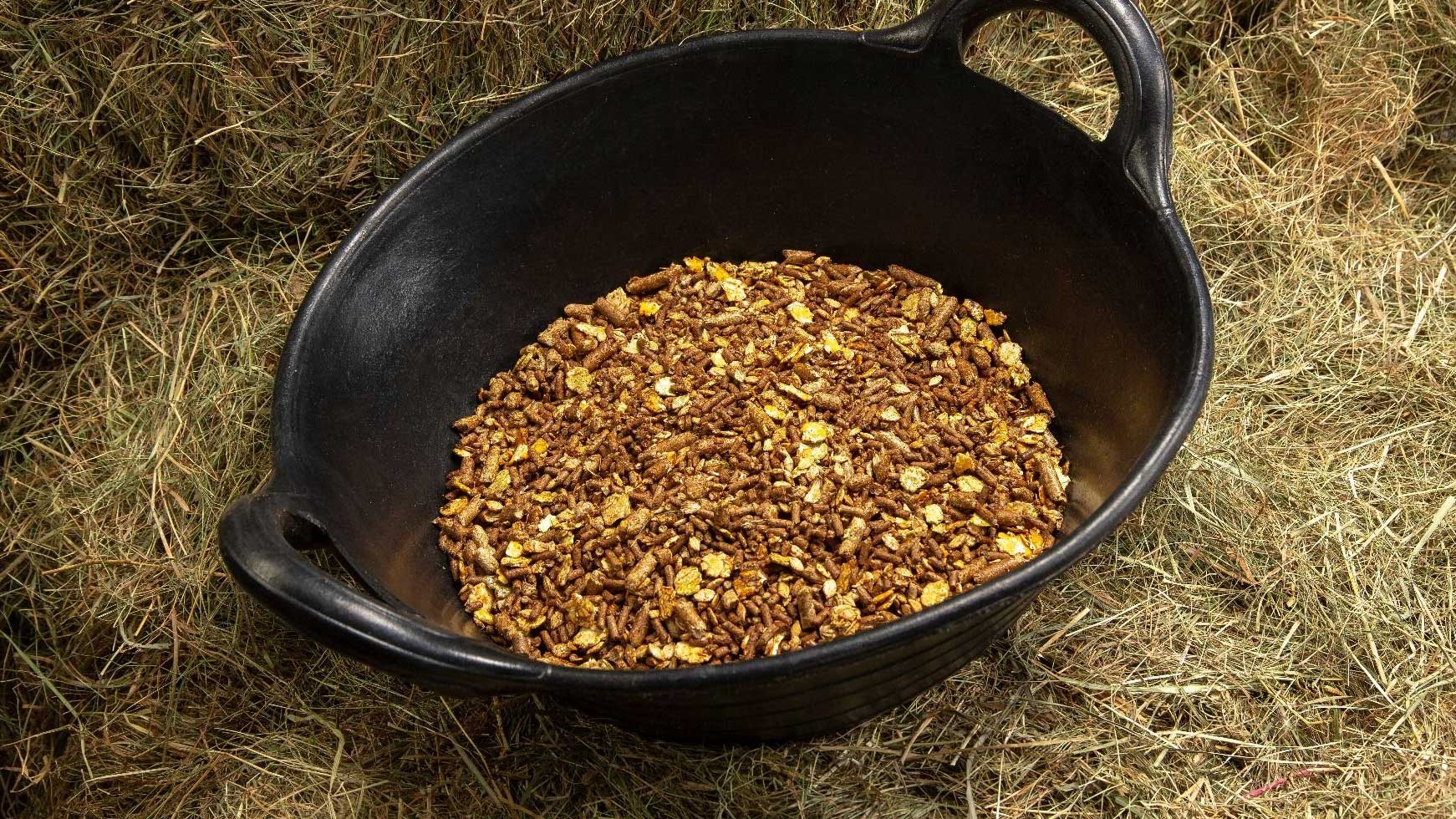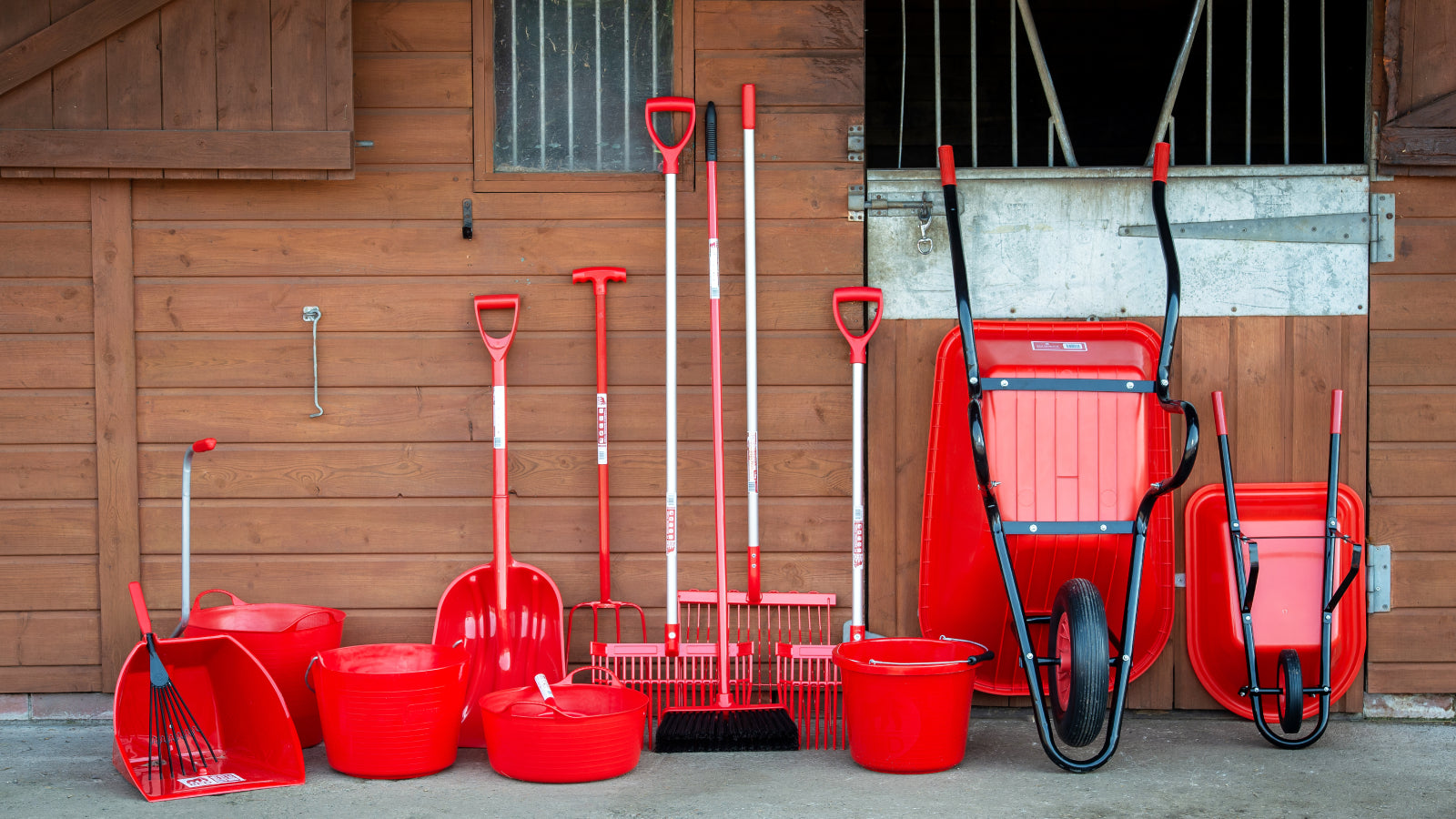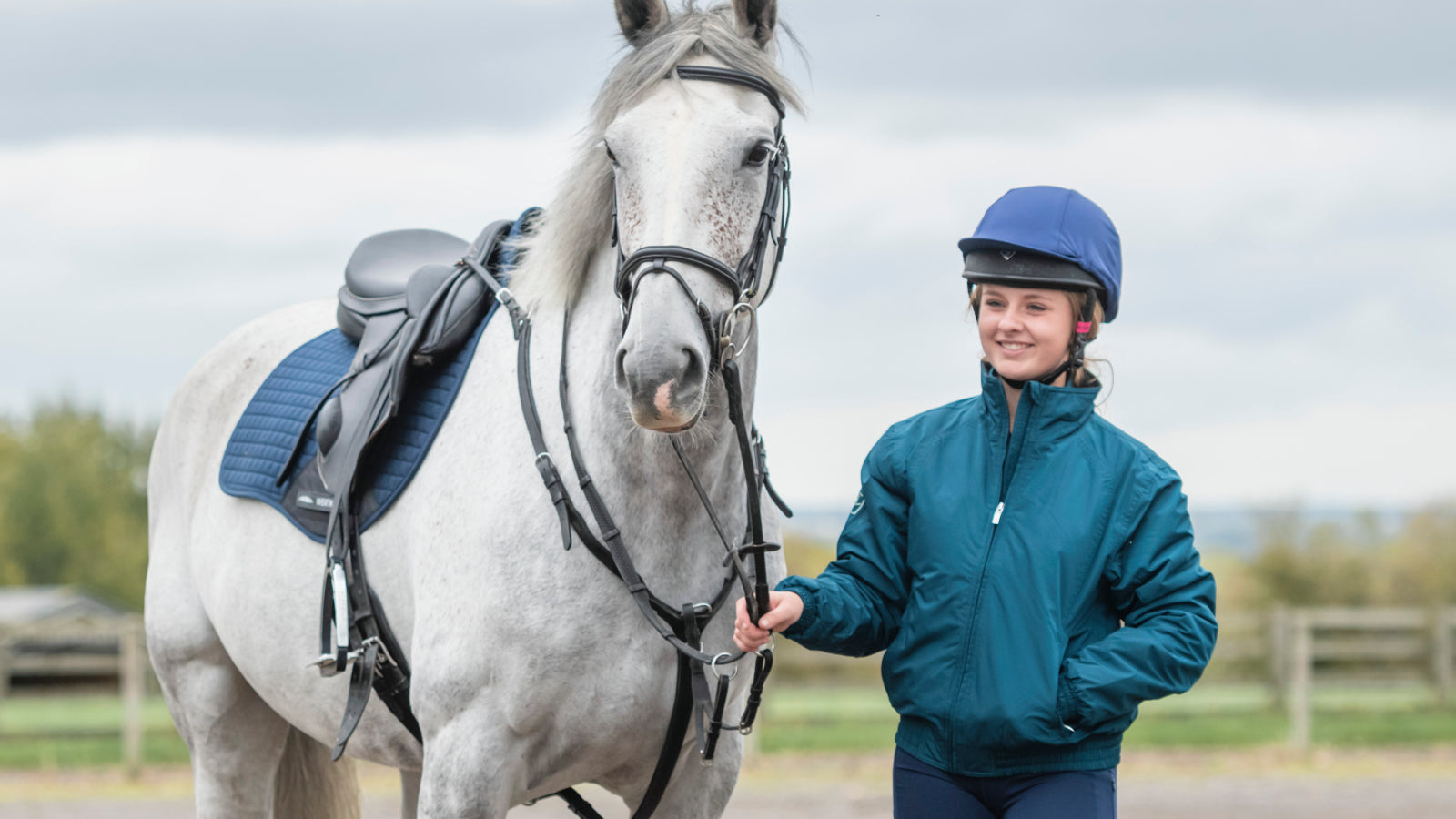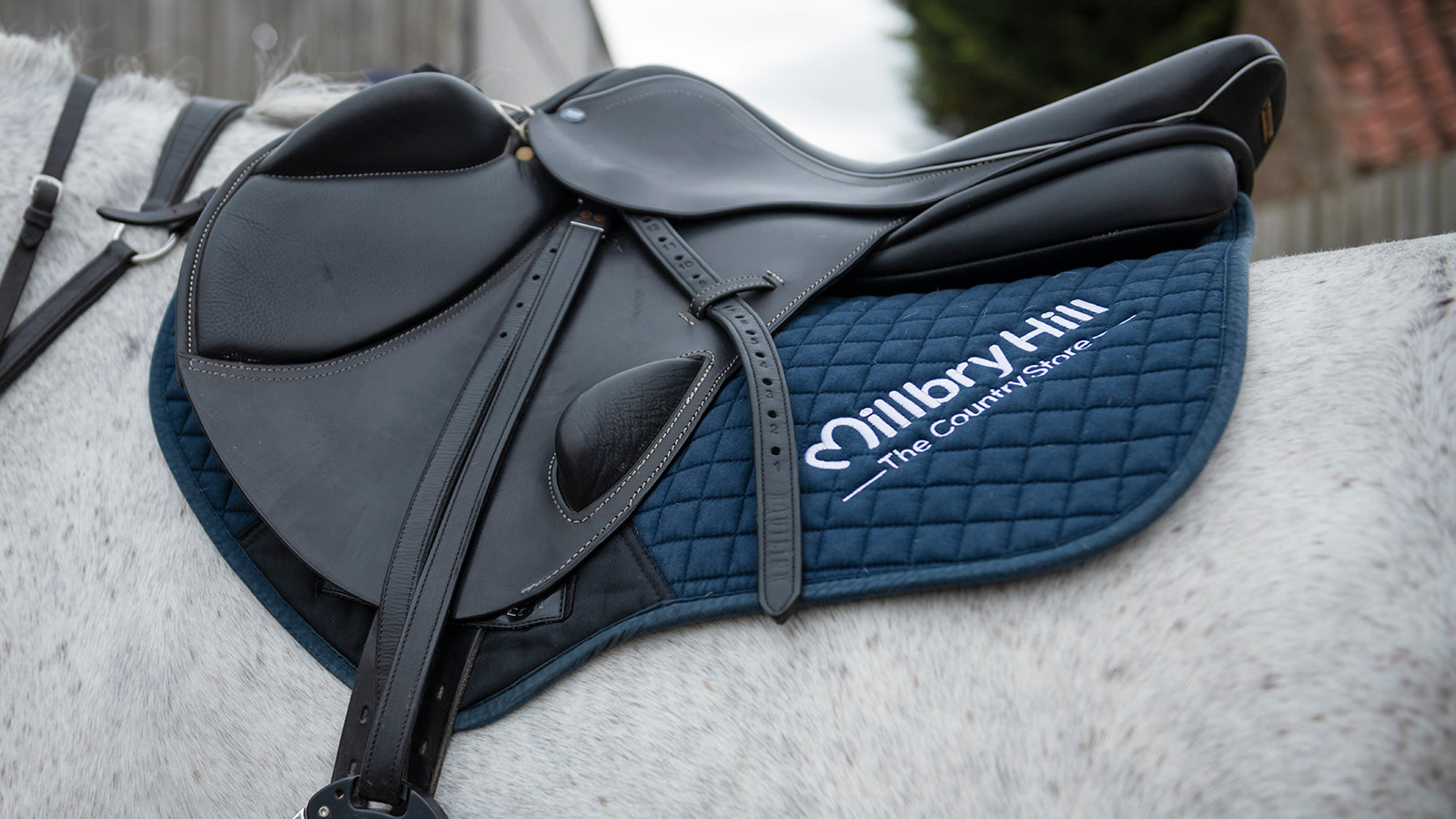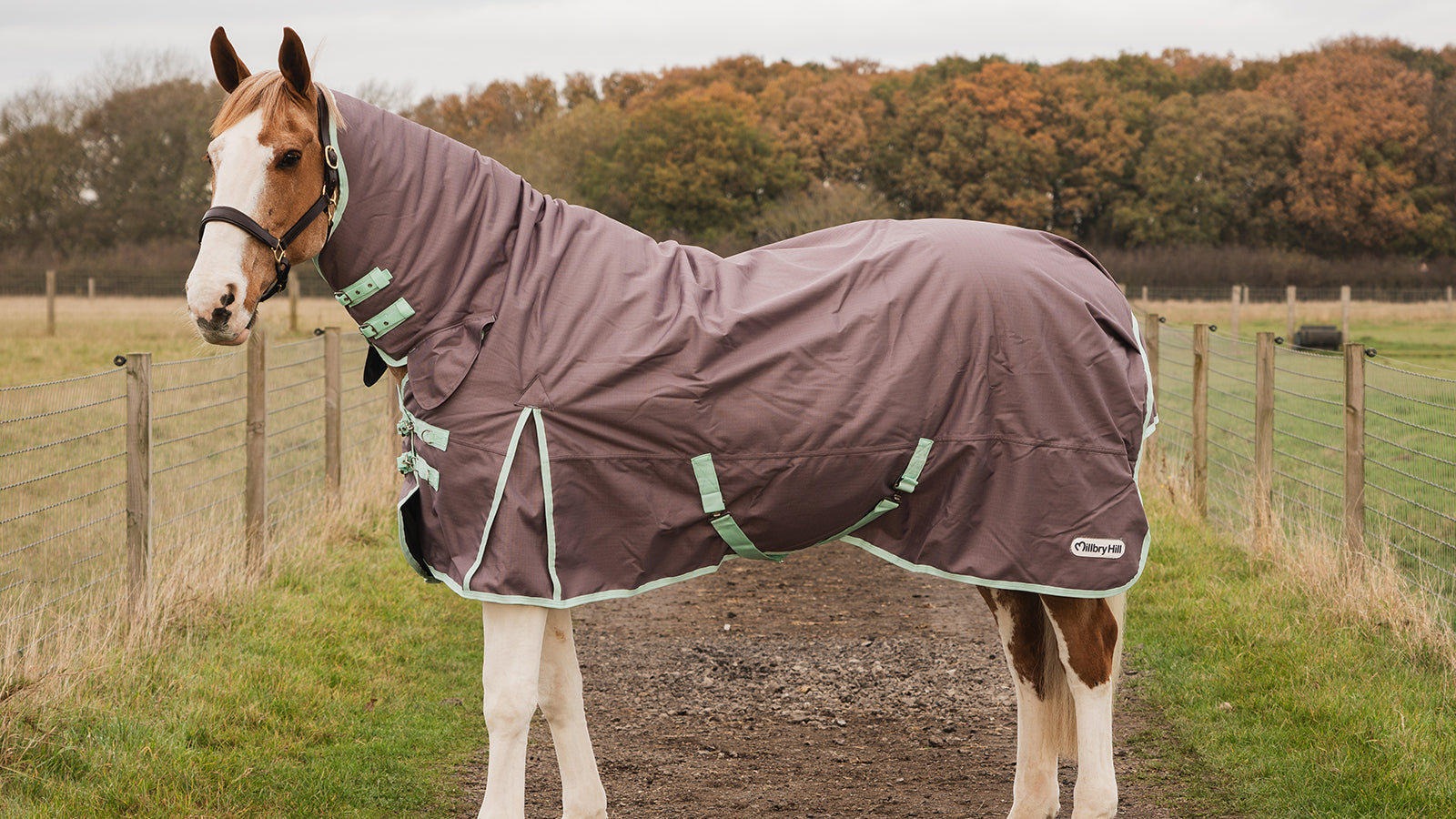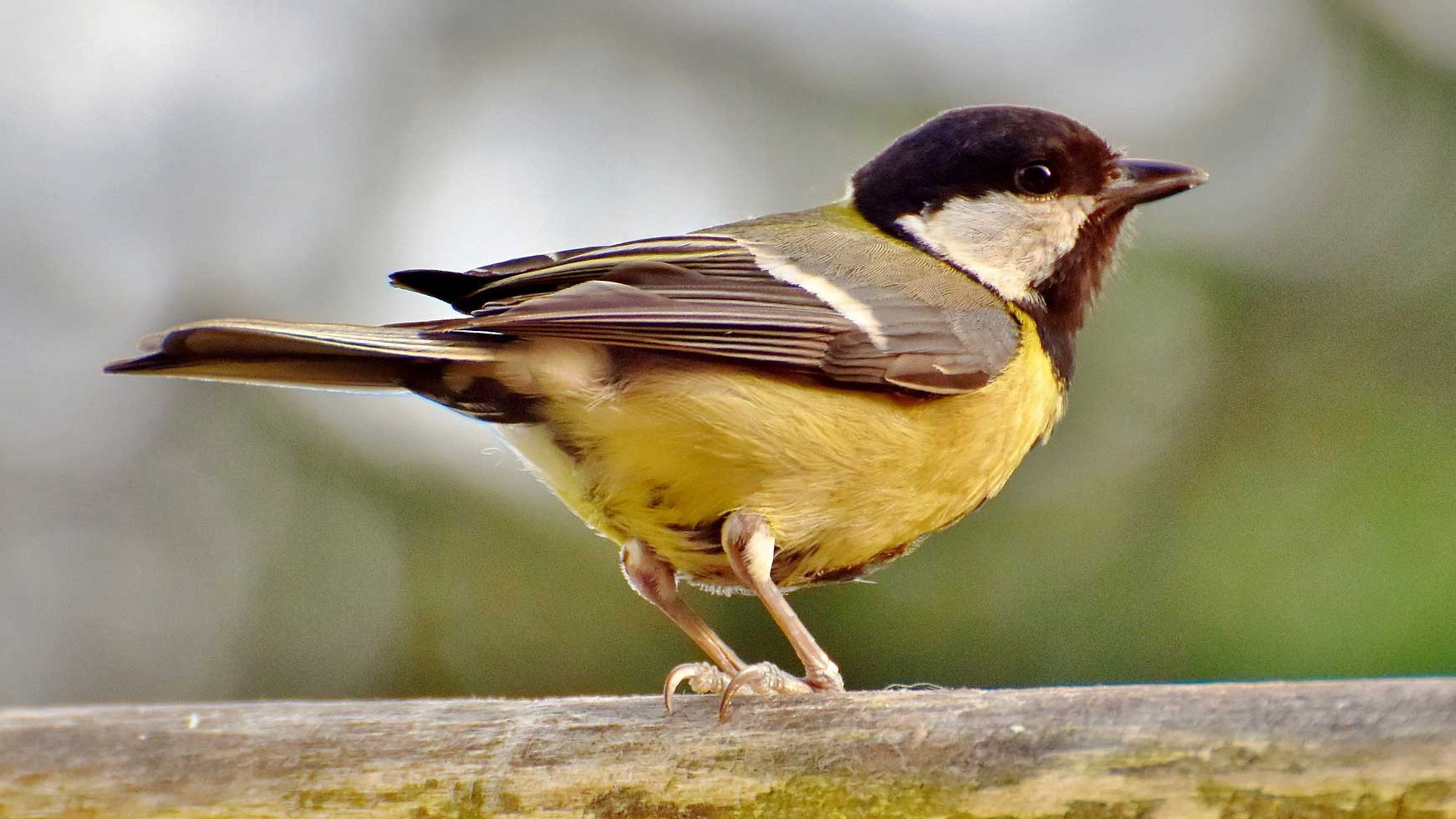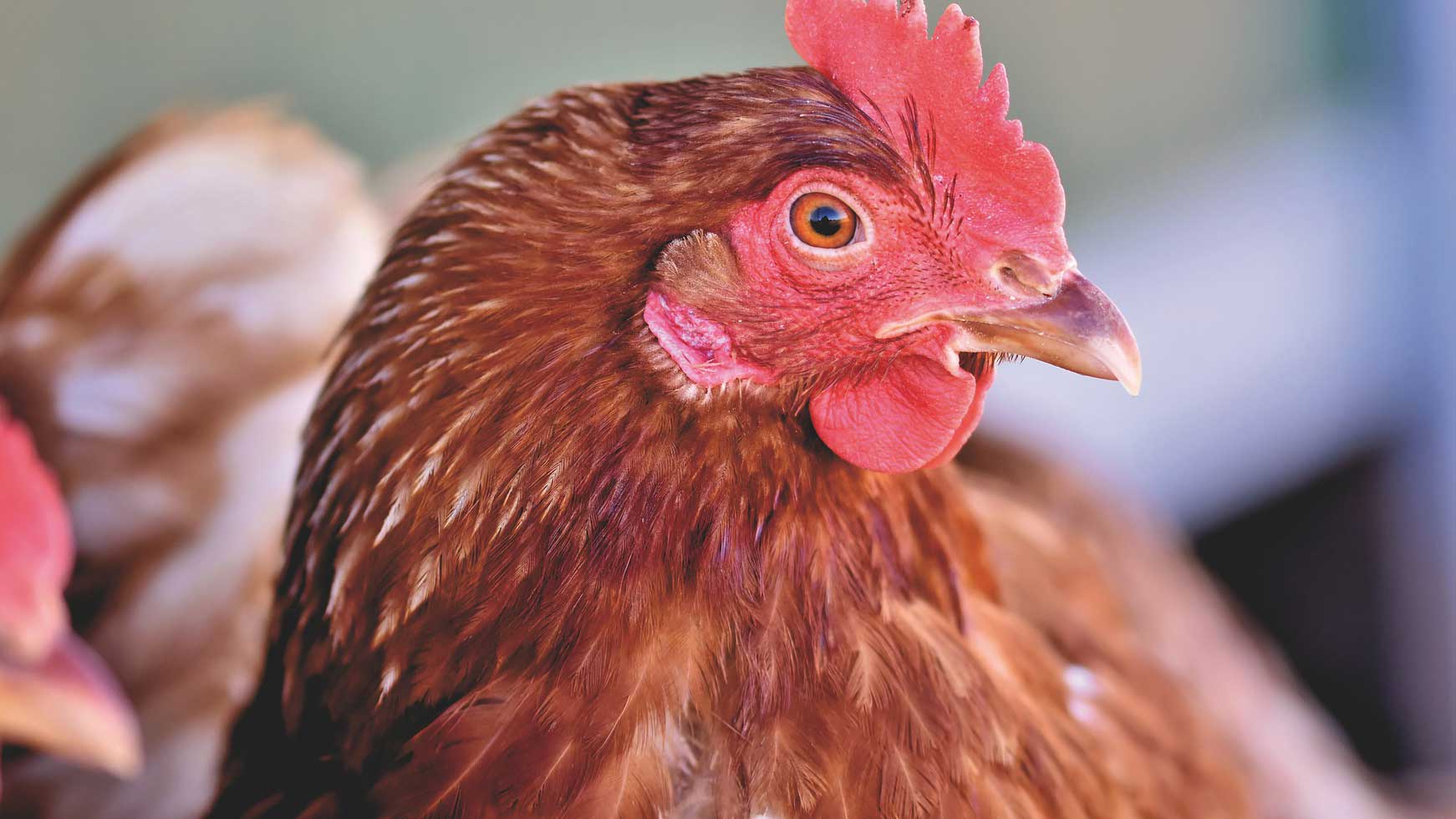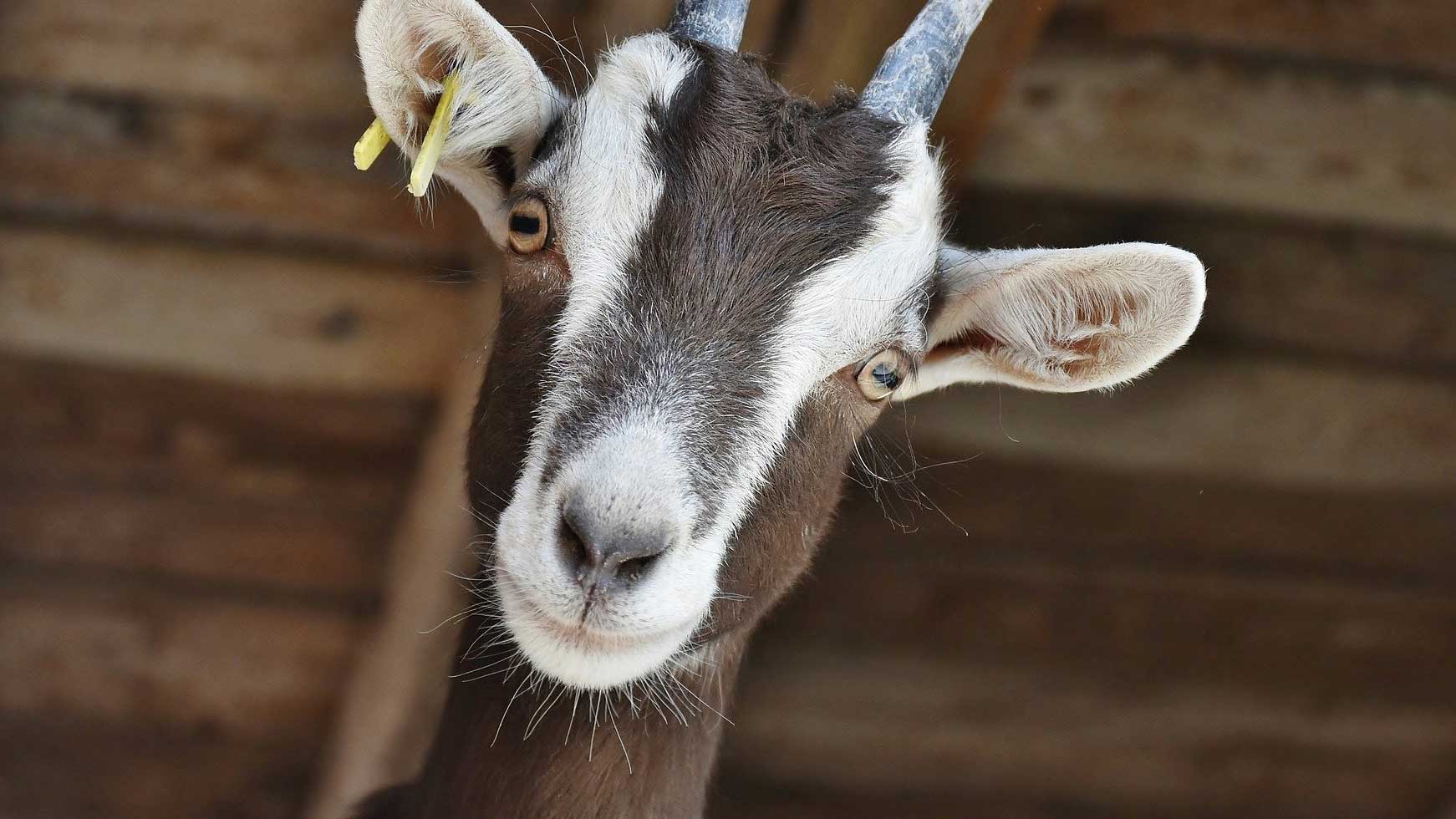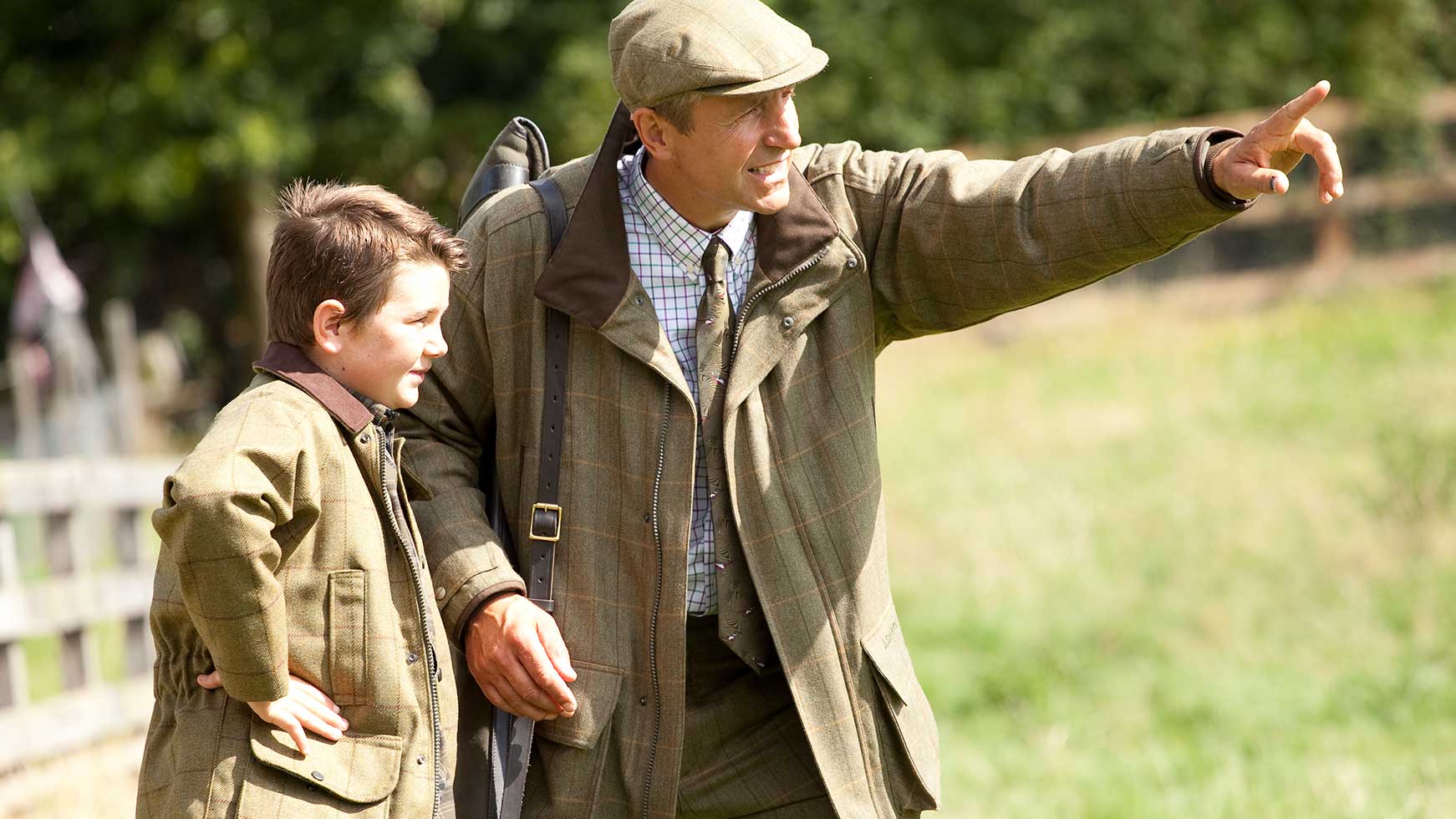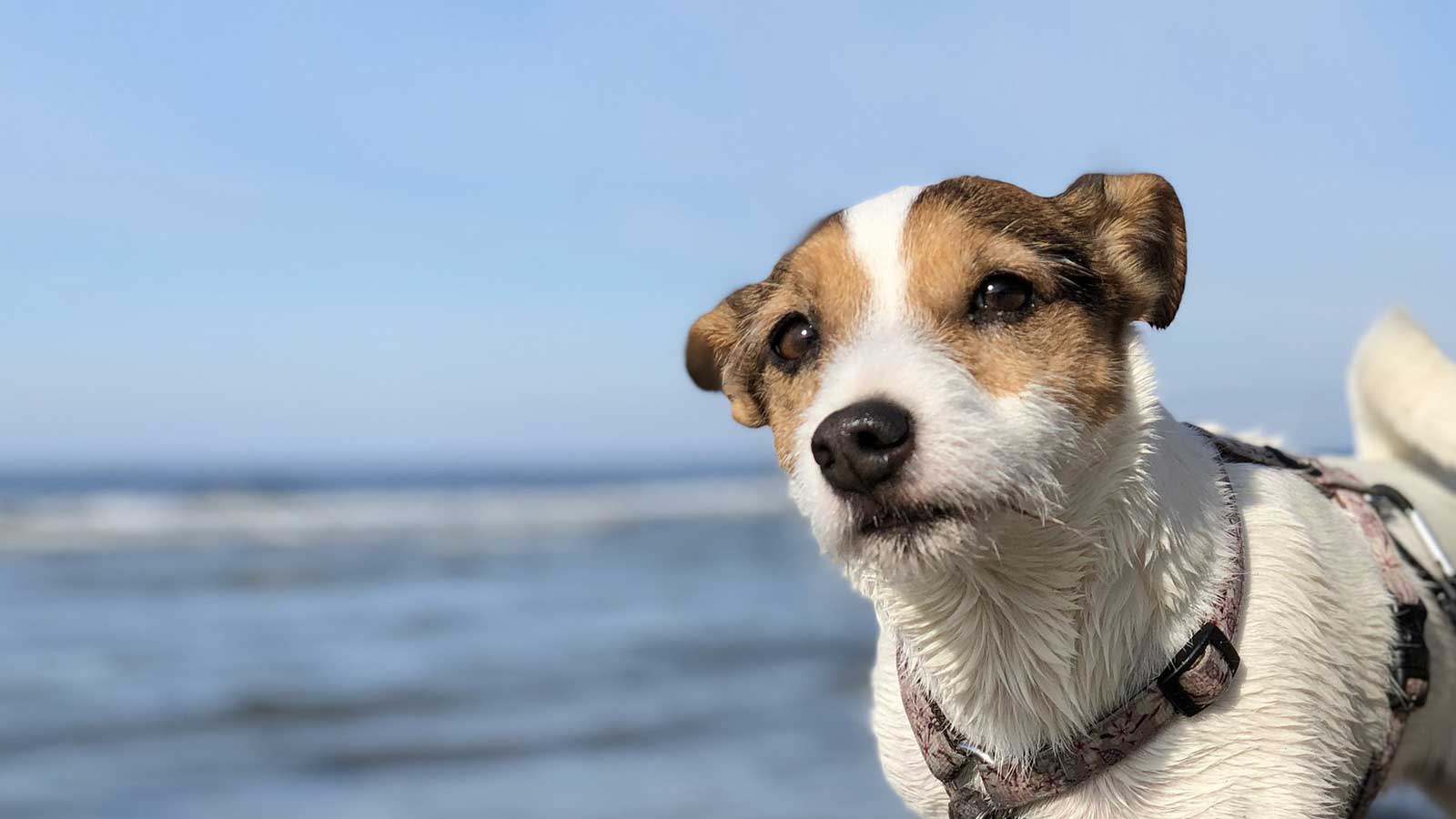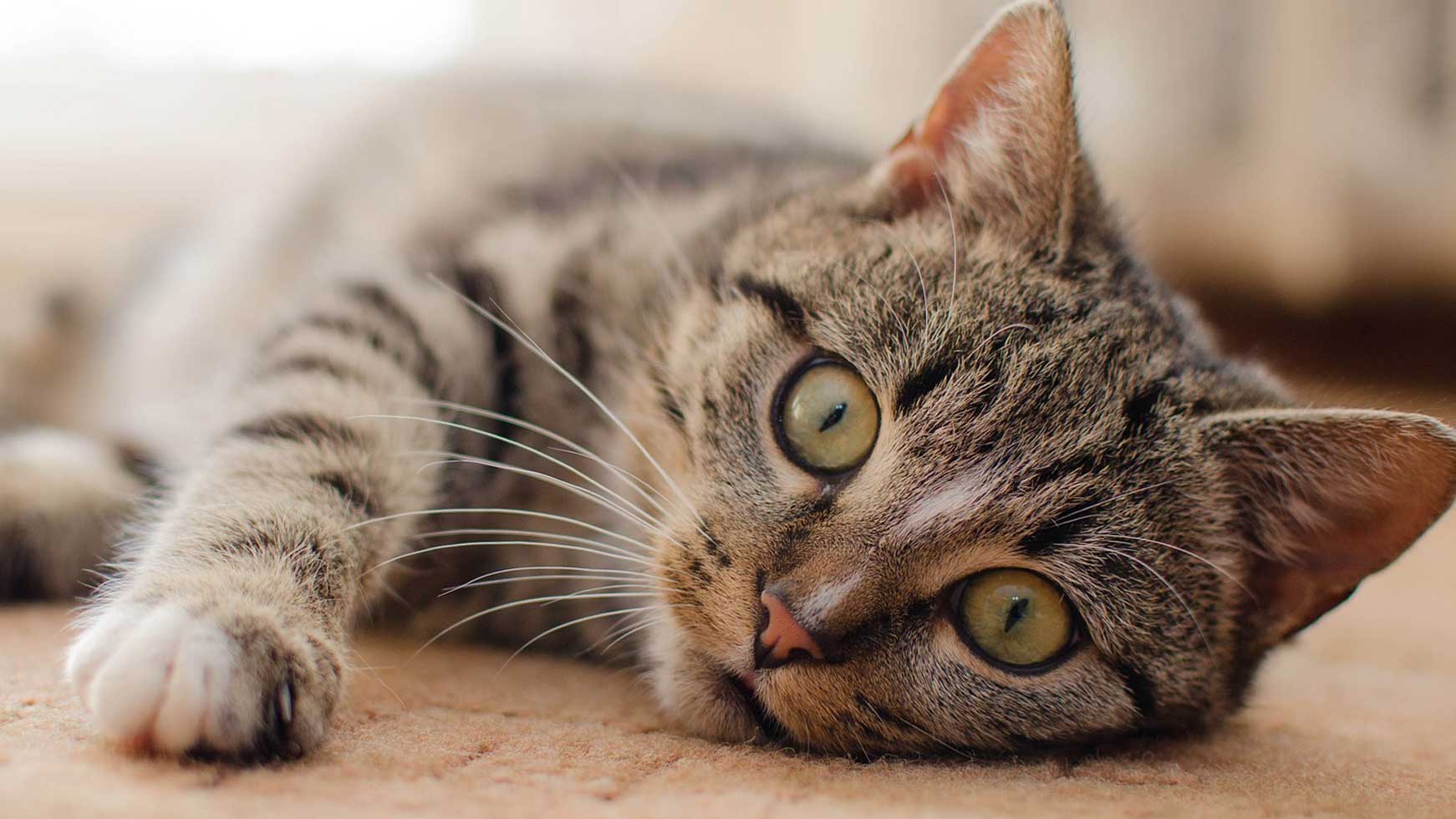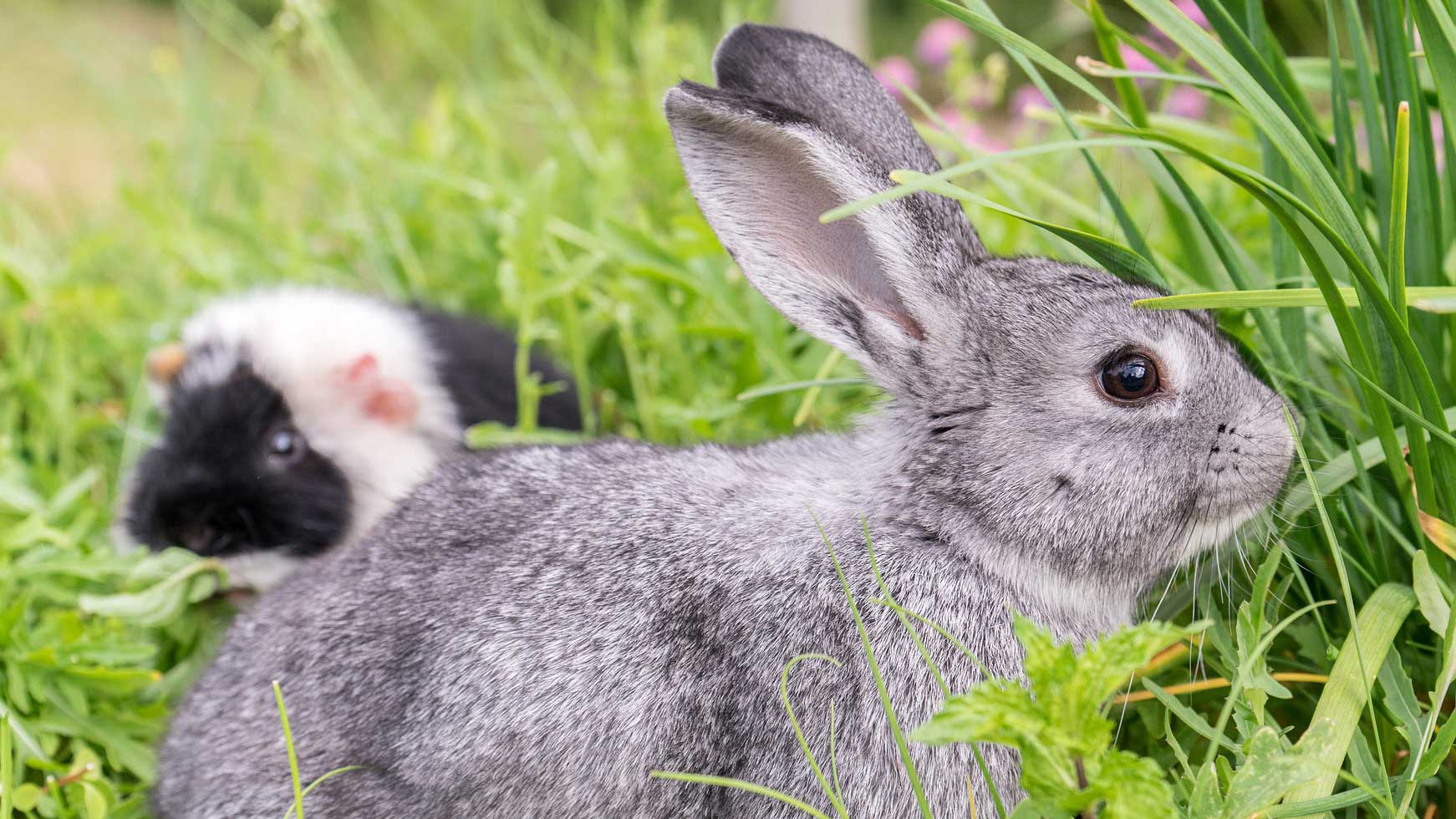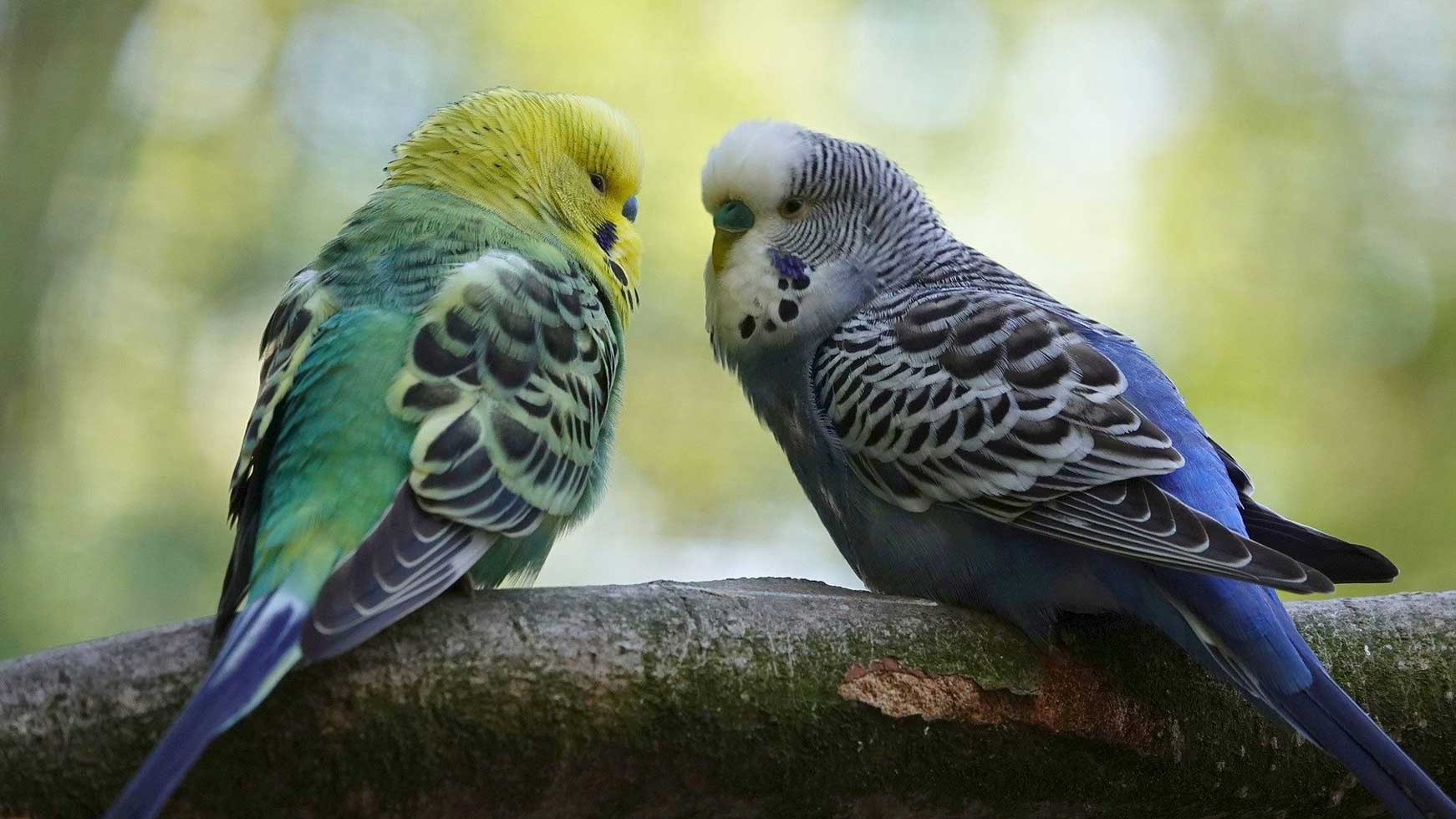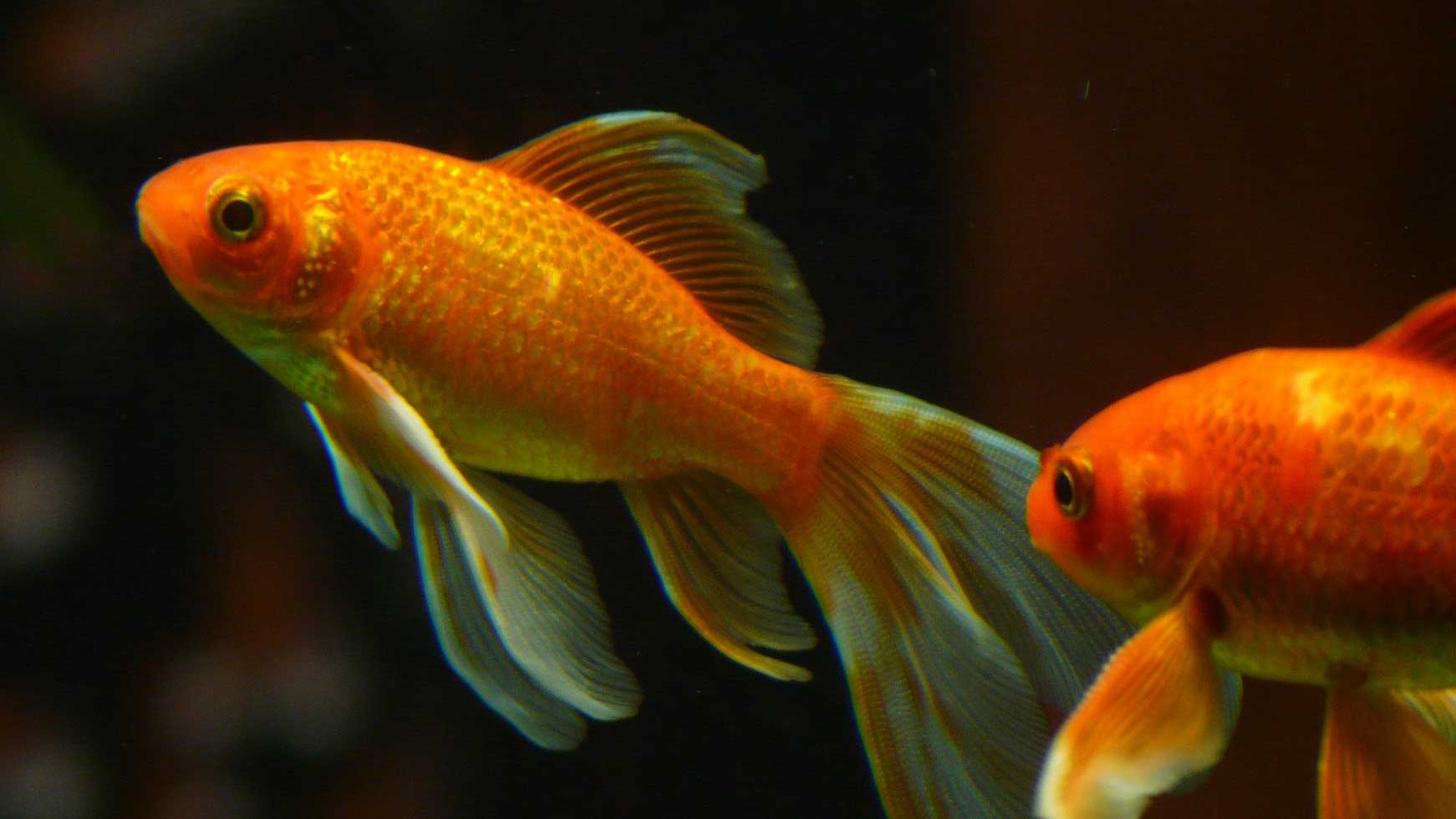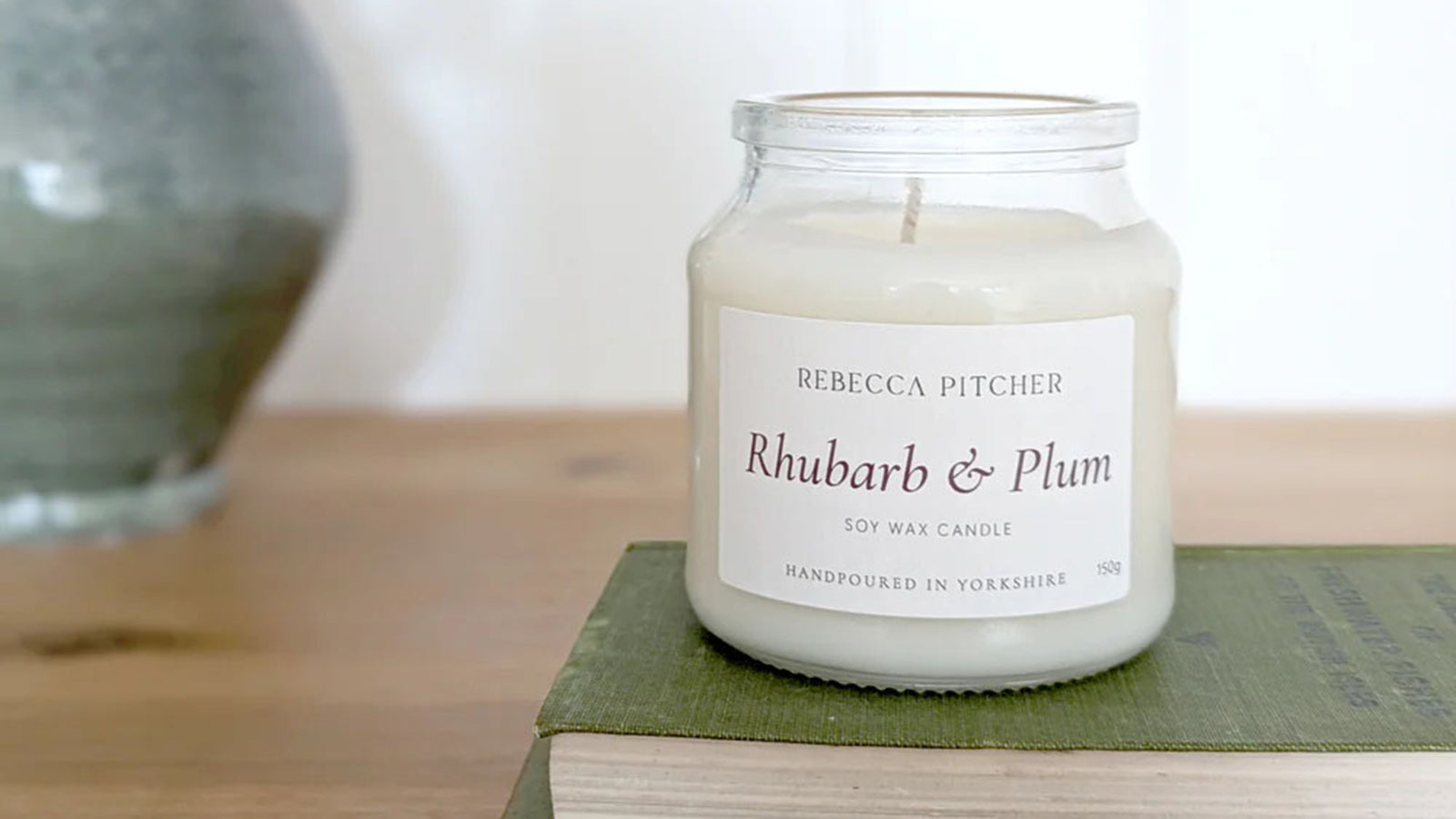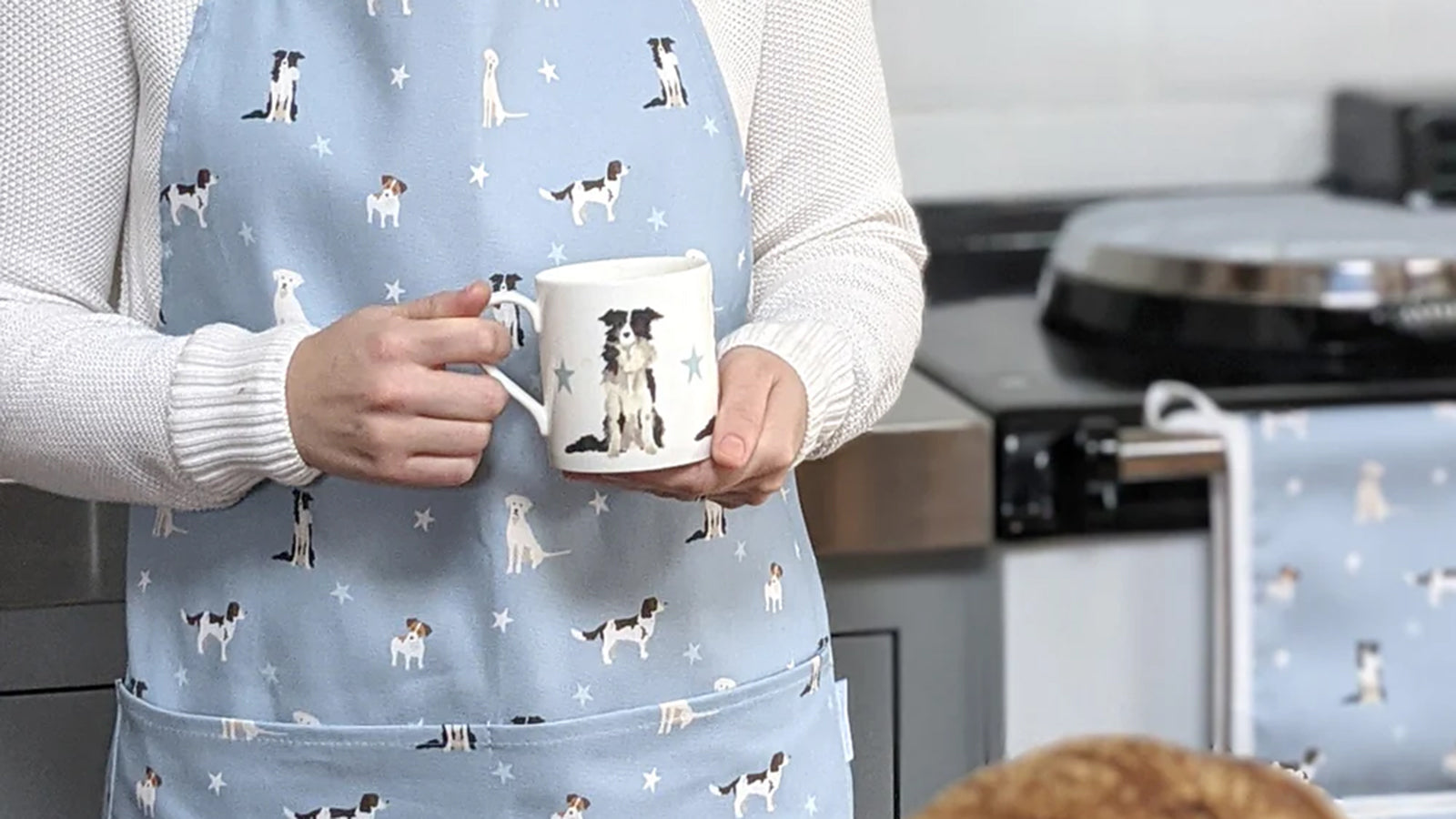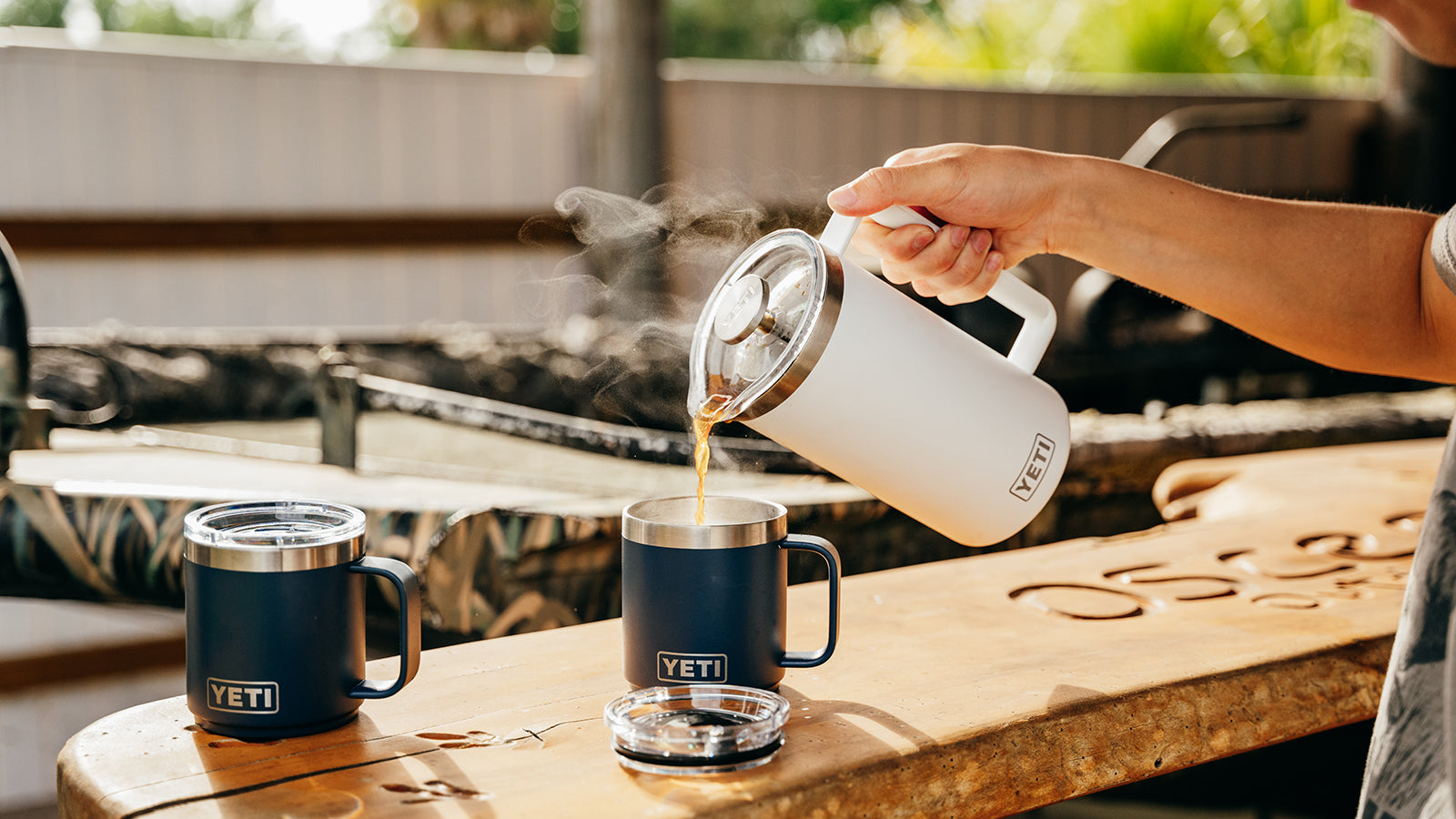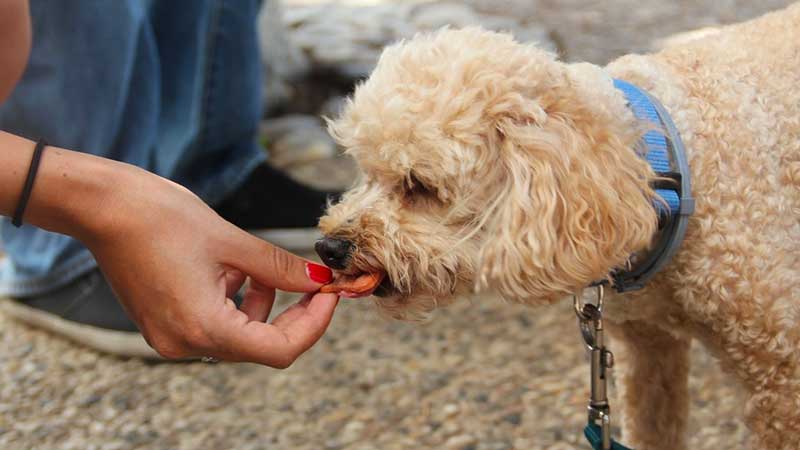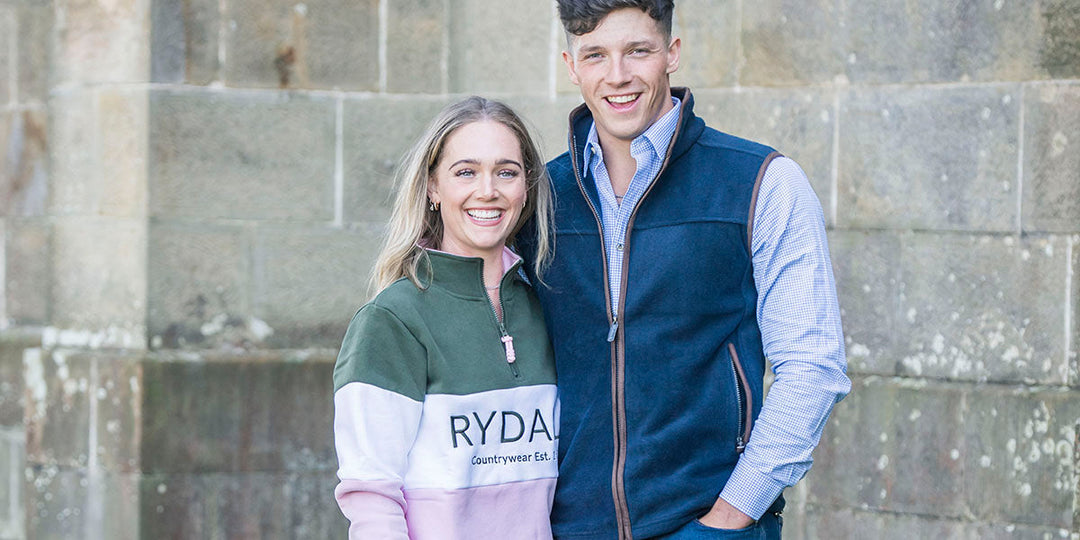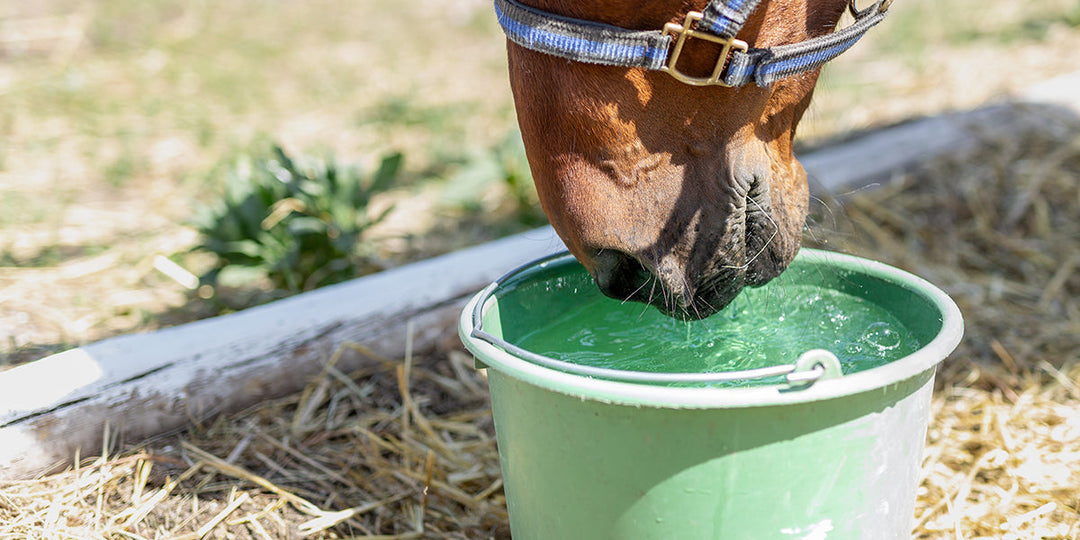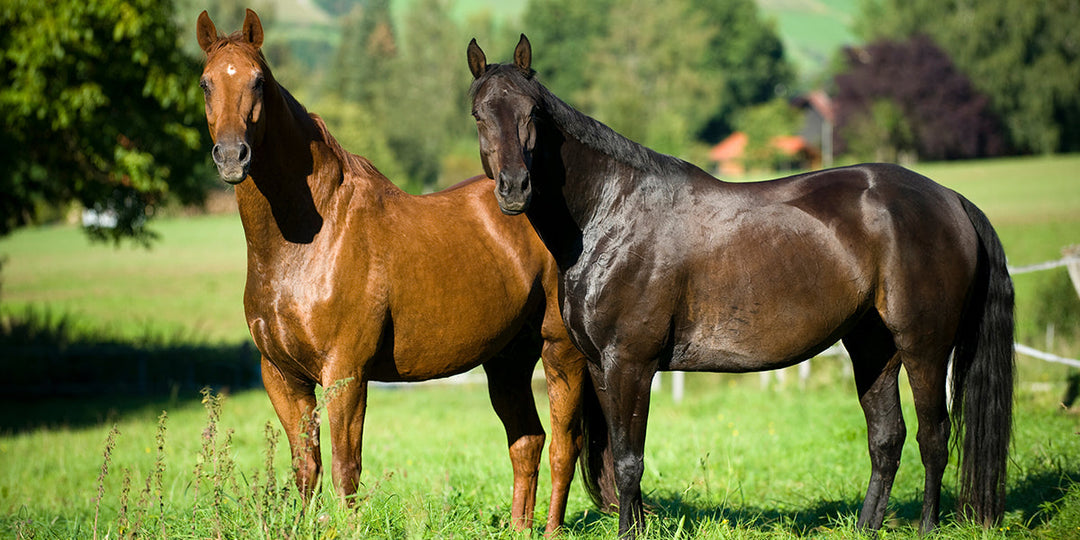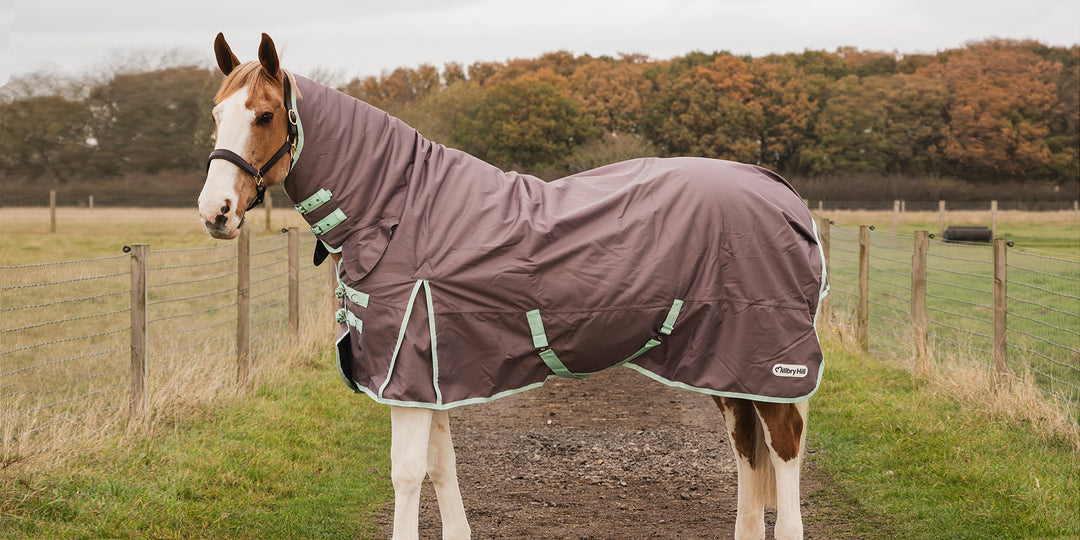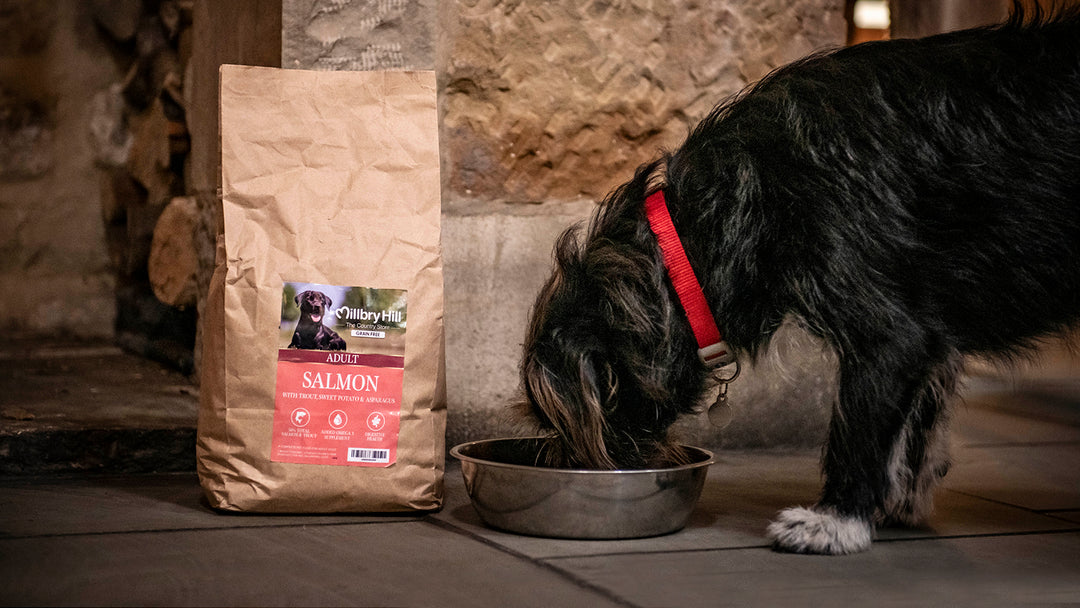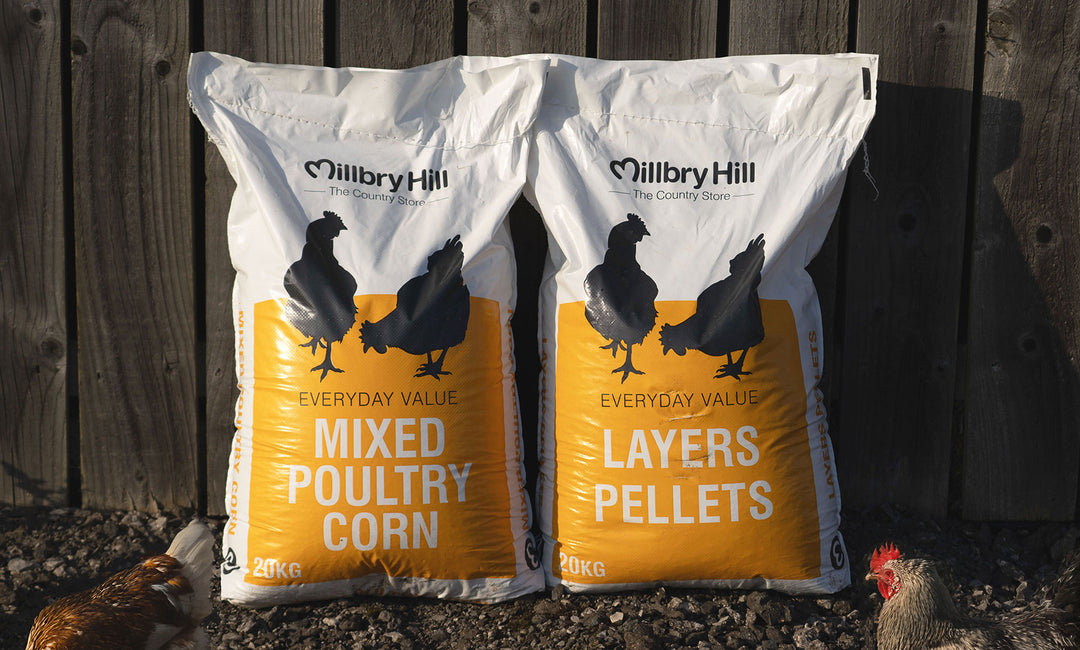How to Socialise your Puppy

Welcoming a puppy into your home is a thrilling experience, but it comes with significant responsibilities. The first year of a puppy's life is arguably the most important as they develop their personality, learn habits and behaviours and understand how to interact with other dogs.
What is puppy socialisation?
Puppy socialisation involves introducing your puppy to a wide range of experiences and stimuli that help them adapt to everyday life. This includes exposure to different people, other dogs, various noises, diverse environments and various objects. This is best done in the first four months of their life when they are at their most adaptable.
However, it's crucial to proceed with care and avoid overwhelming your puppy. Gradual exposure is key; too much stimulation at once can lead to anxiety and negative behavioural issues. Taking it slow helps ensure a positive and well-rounded development for your puppy.
Why is puppy socialisation important?
Effective puppy socialisation brings many benefits, foremost among them being the development of a happy, confident adult dog. Properly socialised puppies grow into well-adjusted dogs who handle various situations with calmness and ease.
Furthermore, a well-socialised puppy is less likely to exhibit behavioural issues or aggression in response to stress or excitement. This leads to more enjoyable interactions, especially when combined with solid training. Ultimately, a socialised and well-trained dog enhances your overall experience and pleasure during walks and other daily activities.
What factors can affect puppy socialisation?
Different puppies have varying sensitivities, so while some are easy to socialise, others may require more effort. Genetics play a key part here; for instance, puppies from anxious mothers are more likely to inherit similar traits. Additionally, the specific breed can influence socialisation needs, with some typically requiring earlier and more extensive socialisation compared to others.
If you have an older puppy who missed out on early experiences, this may also affect their socialisation process. Keep in mind that young puppies tire quickly, so it's recommended to keep socialisation sessions short and allow ample time for rest. In general, you should aim to create positive and rewarding encounters, as a pleasant early environment will help your puppy grow into a confident and adaptable adult, ready to handle whatever comes their way.
When to socialise a puppy?
You should begin socialising your puppy as soon as they arrive in your home. Ideally, the bulk of their socialisation should occur within the first 12 weeks of life.
Since puppies are typically not available for adoption until they are around 8 weeks old, it's integral to choose a reputable breeder who guarantees a positive early environment. This ensures that your puppy has a strong foundation before joining your family, setting the stage for a smooth transition and successful social development.
Can you socialise a puppy before vaccination?
Yes, you can socialise your puppy before they are fully vaccinated, but it's important to be cautious. While you should avoid taking your puppy out for walks in public areas until they are fully vaccinated, there are safe ways to begin socialising them.
Puppies typically receive their initial vaccinations between 6 and 8 weeks of age. If you're getting a puppy from a breeder, they should have already received their first of the three required vaccinations. You will need to complete the vaccination series with the final two doses. If you're unsure whether you're puppy has had their initial vaccination, consult your vet for guidance.
Taking an unvaccinated puppy out in public areas can expose them to diseases they aren't yet protected against. Although, you can still provide socialisation opportunities by allowing your puppy to explore a secure, safe environment, such as your garden, as long as it isn't frequented by unvaccinated dogs. Additionally, you can carry your puppy in a carrier or sling to introduce them to new sights and sounds without exposing them to potential risks.
Your vet will advise you on when it's safe for your puppy to start exploring outside more broadly, based on their vaccination status.
Can my puppy socialise with vaccinated dogs?
Yes, your puppy can safely socialise with vaccinated dogs after receiving their first set of vaccinations, provided that the environment is secure and the other dogs are known to be friendly and well-socialised. In fact, interacting with well-mannered adult dogs can significantly benefit your puppy, helping them develop essential social skills and build confidence.
Having said this, to minimise risks, it's advisable to start these interactions in a controlled environment, such as a private garden. This approach reduces the chances of exposure to potential illnesses while still allowing your puppy to benefit from positive social experiences with other dogs.
How to socialise your puppy
So, how do you socialise your puppy? Here are some of our top tips you need to know:
1. Introduce your puppy to new experiences slowly
Patience is key when introducing your puppy to new experiences. Use treats and positive reinforcements to create positive associations. Look for signs that your puppy is ready to explore - calm behaviour, curiosity and relaxed body language are good indicators.
Allow your puppy to explore and interact with new things at their own pace and ensure they can disengage if needed. If your puppy is overly fixated on an object, even with treats and distractions, this might indicate possessive behaviour, which should be addressed separately.
2. Respect your puppy's comfort zone
If your puppy shows signs of discomfort - such as backing away, barking or displaying hesitant body language - give them space to process the situation. Forcing them into uncomfortable situations can lead to fearfulness or aggression in the future. Instead, encourage positive experiences and gradual exposure, ensuring that your puppy feels safe and confident.
3. Allow your puppy to meet people in different clothing
Acclimating your puppy to various types of people is crucial for their development. Aim to expose your puppy to a diverse range of individuals, including friends, family, children, delivery drivers and maintenance workers. This helps them become comfortable with different appearances and attire they might encounter.
To further aid in this process, consider wearing different outfits yourself or using props to simulate various clothing and accessories. For example, puppies can be wary of items such as:
- Hats
- Helmets
- Masks
- High-visibility clothing
- Large bags
- Glasses and sunglasses
By gradually exposing your puppy to these items and ensuring positive interactions, you can help them build confidence and reduce fear of unfamiliar people and objects.
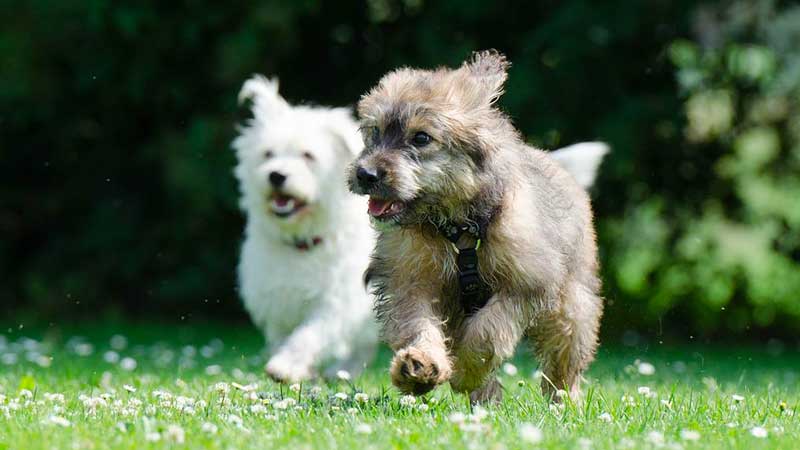
4. Let your puppy interact with other dogs
While familiarising your puppy with people plays a significant role, getting them accustomed to other dogs is equally important. Without proper socialisation, your puppy may struggle to interact with other dogs safely and confidently.
One effective way to achieve this is by enrolling your puppy into a local puppy class. In these classes, your puppy will learn basic commands, such as 'sit' and 'lie down', as well as have the opportunity to interact with other dogs in a controlled environment. This setting helps teach essential dog-on-dog etiquette and fosters positive social interactions.
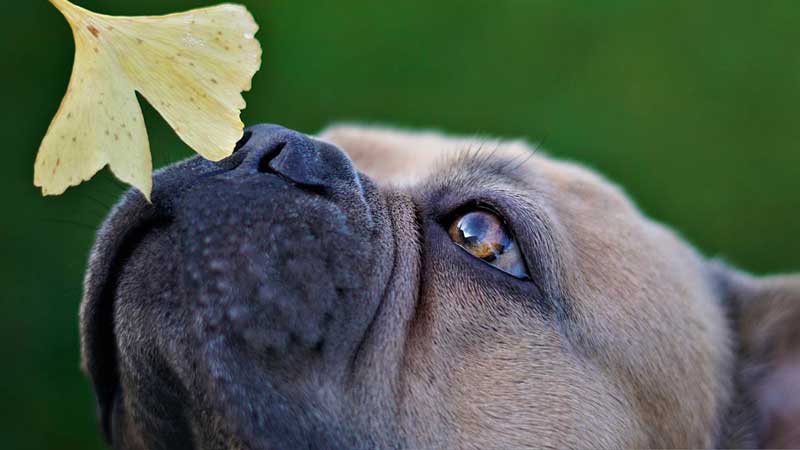
5. Expose your puppy to various sounds and smells
Your puppy will encounter a wide array of sounds and smells throughout their life and early exposure is key to helping them adapt. Puppies are particularly sensitive to new stimuli and unexpected or loud noises - like thunder - can be stressful.
To introduce your puppy to different sounds, avoid overwhelming them with distressing noises. Instead, let exposure happen gradually and use positive reinforcement, such as treats and gentle encouragement, to create positive associations.
Similarly, smells play a significant role in a dog's life due to their highly sensitive sense of smell. Allow your puppy to explore and sniff during walks and be patient as they take their time to investigate new scents. This natural curiosity is an important part of their sensory development.
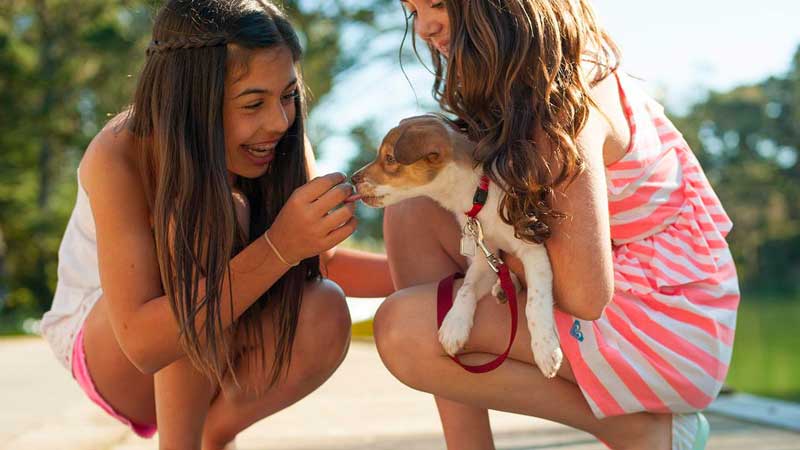
6. Make sure your puppy is comfortable being touched
While cuddling with your puppy is delightful, getting them accustomed to being touched is vital for their well-being. Proper handling from an early age helps prevent future discomfort during activities like grooming and veterinary visits.
Regularly touch and handle your puppy in a gentle, positive manner. Stroke their back, legs, tail, tummy and feet to help them become accustomed to being touched in various areas. Practise picking them up and massaging their paws to familiarise them with handling and check-ups. This early exposure will make routine care easier and more pleasant for both you and your puppy in future.
There you have it - a basic guide to socialising your puppy. To ensure a successful socialisation process, be sure to research your puppy's breed to understand their typical temperament. Additionally, meeting the puppy's parents can provide insights into their potential future behaviour.
Remember, you're not alone in this journey! Numerous charities and resources are available to assist you in helping your puppy grow up healthy, happy and well-adjusted.




